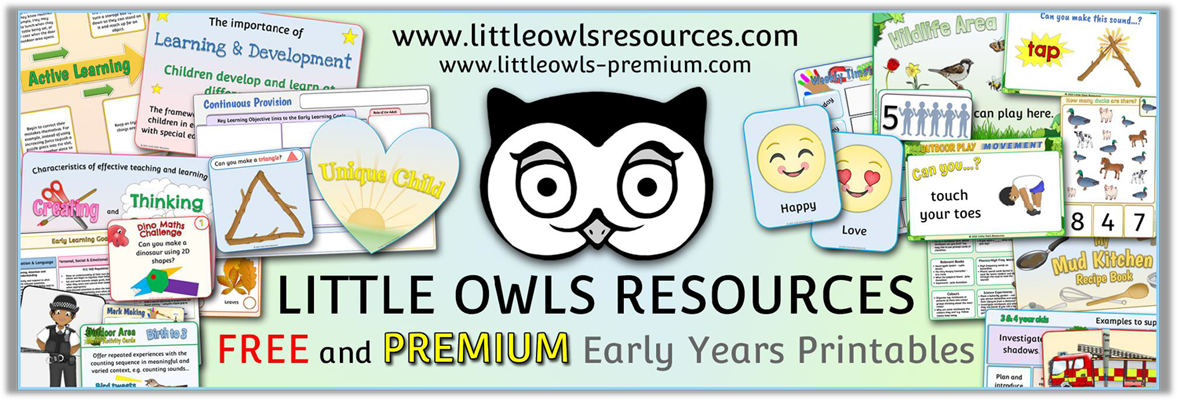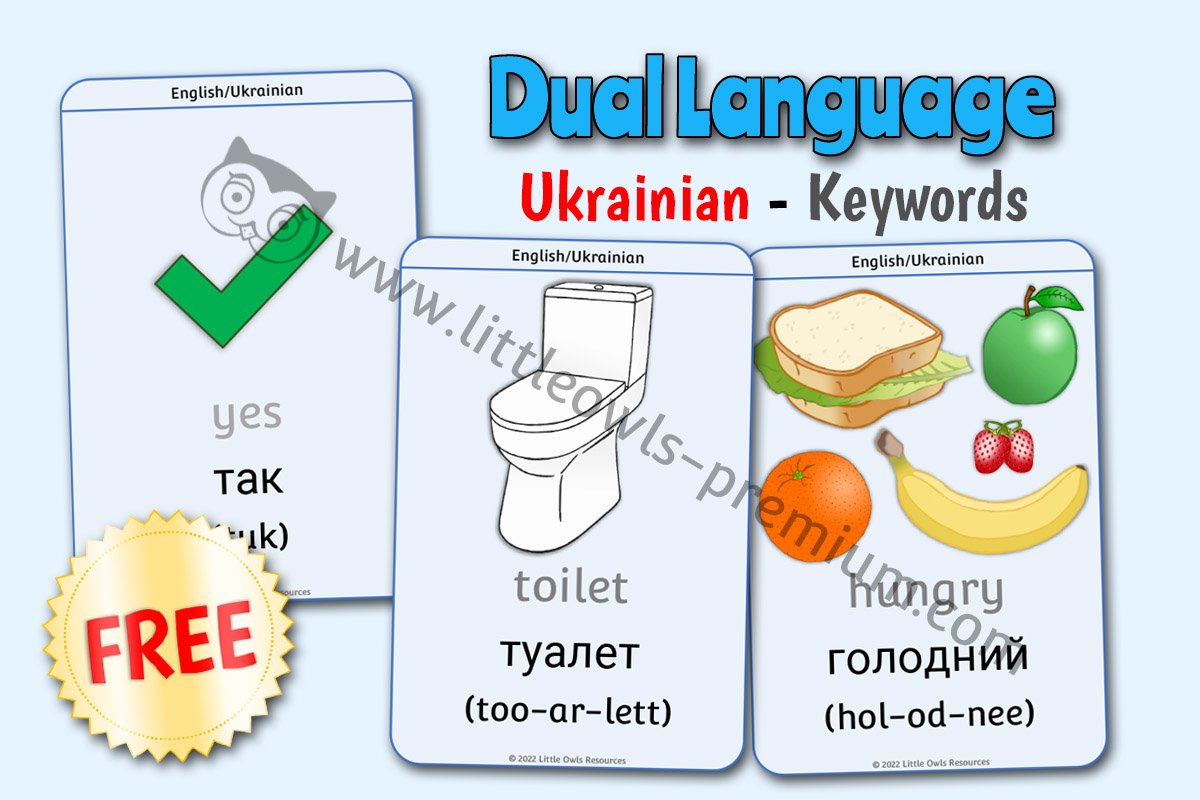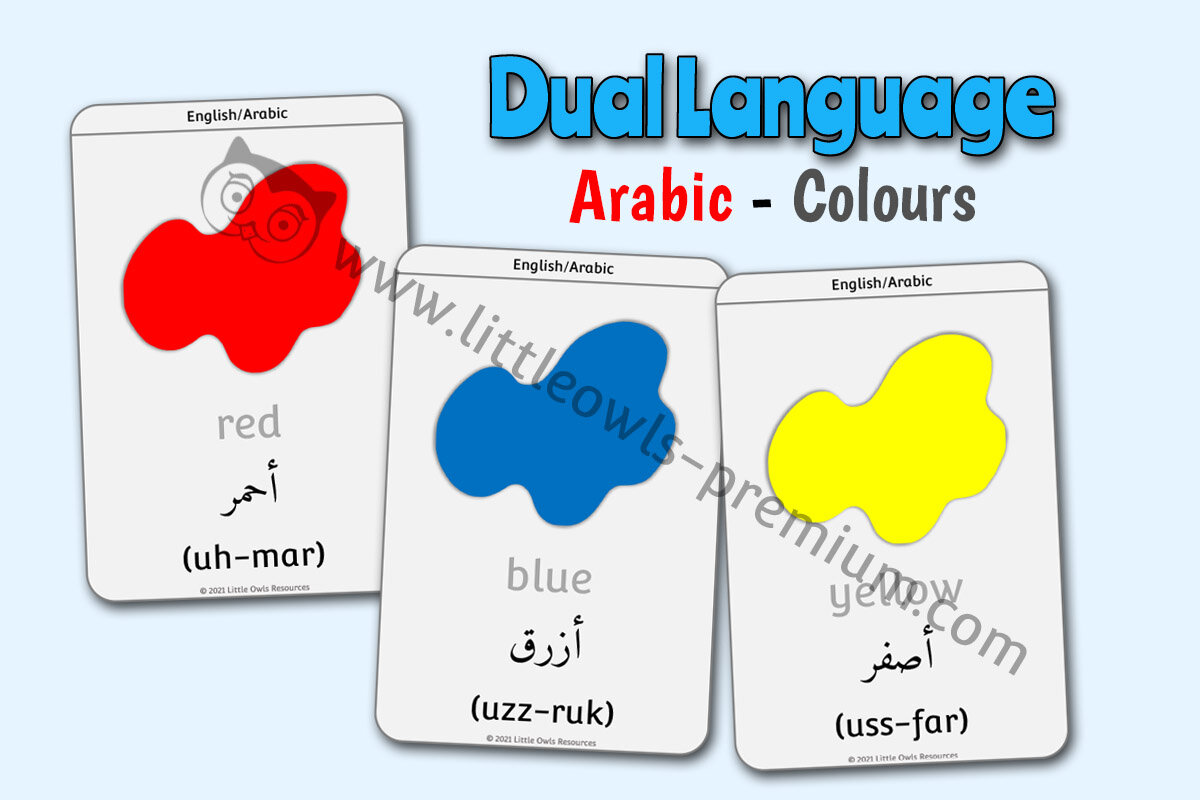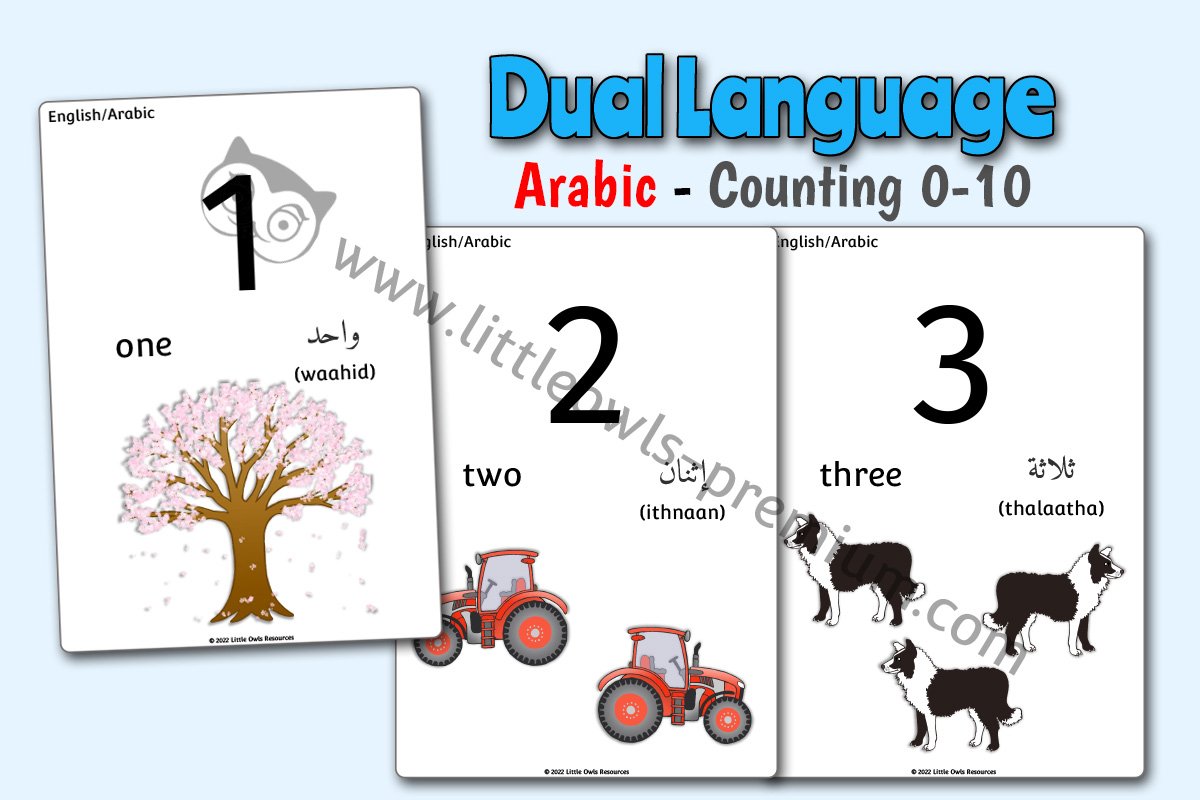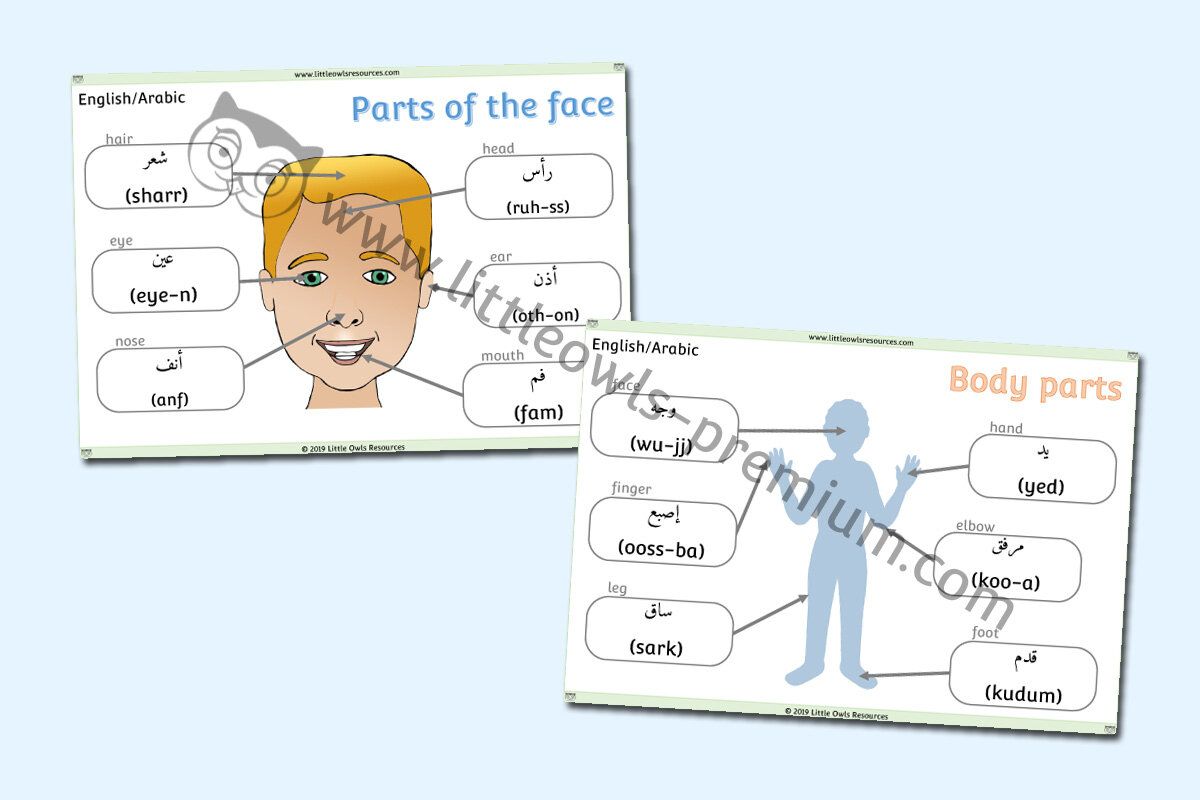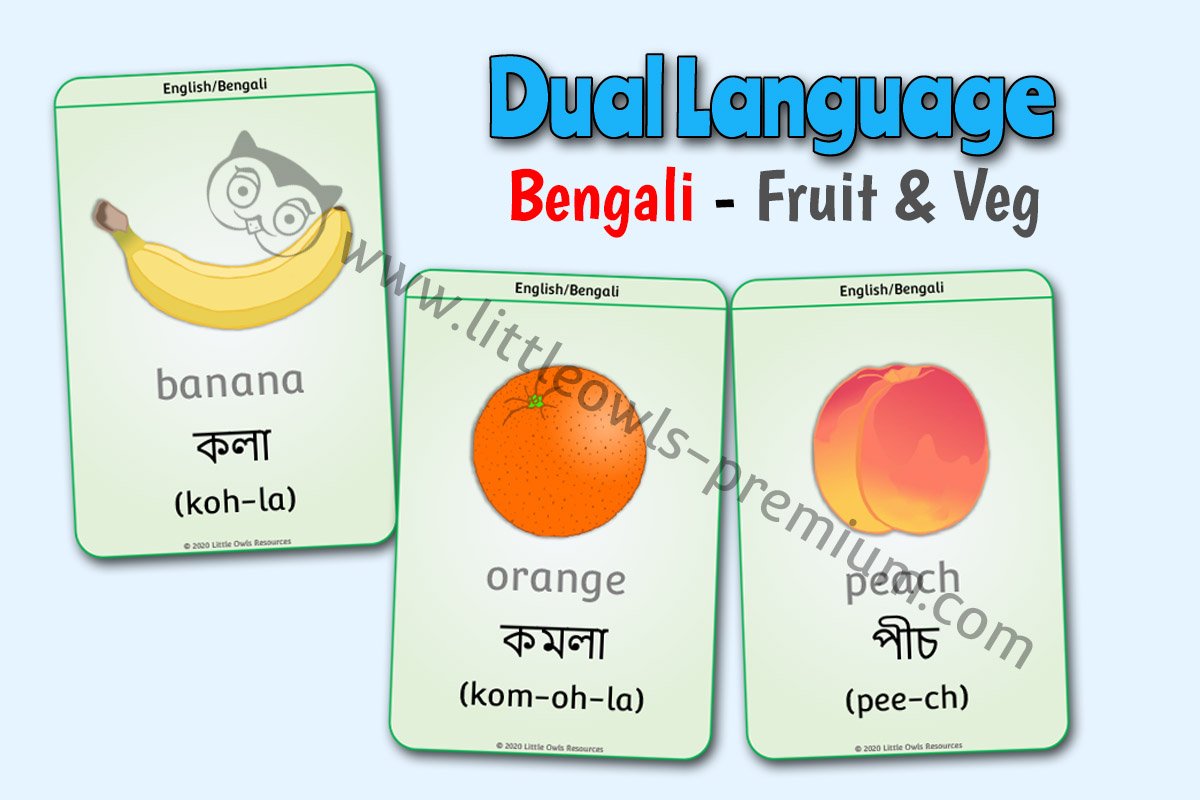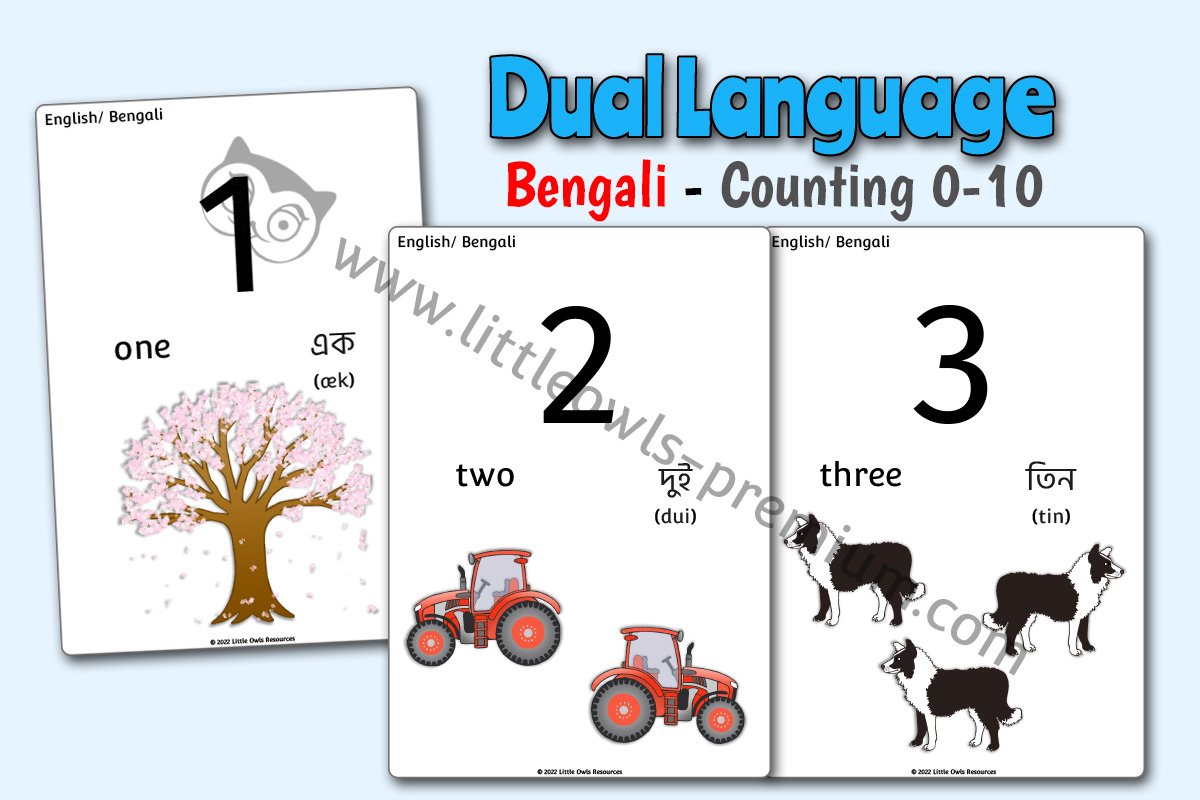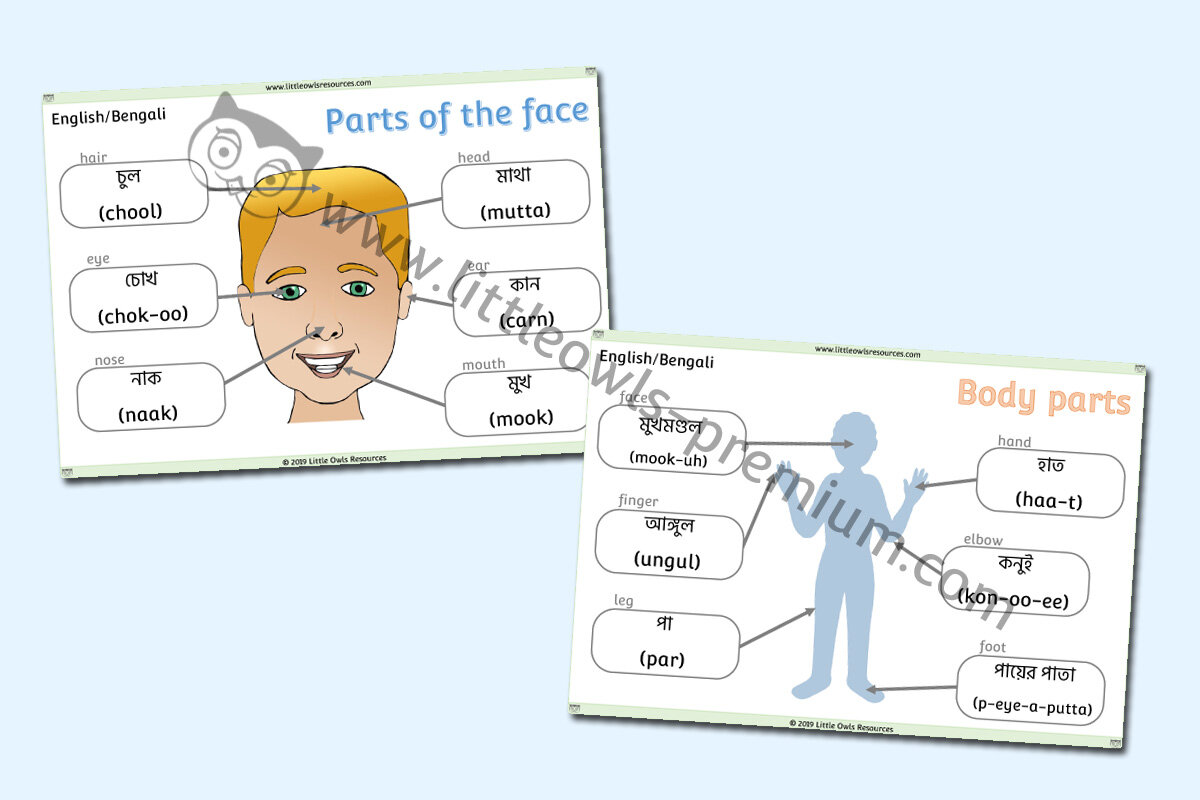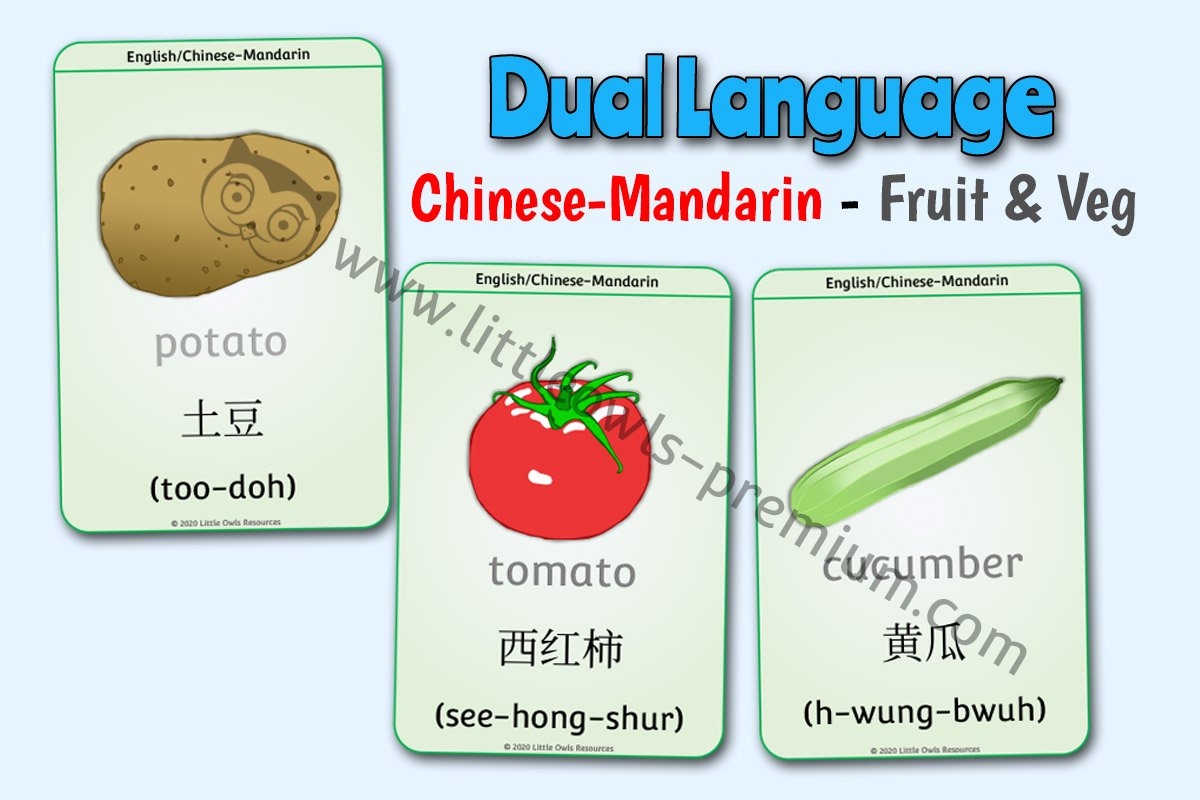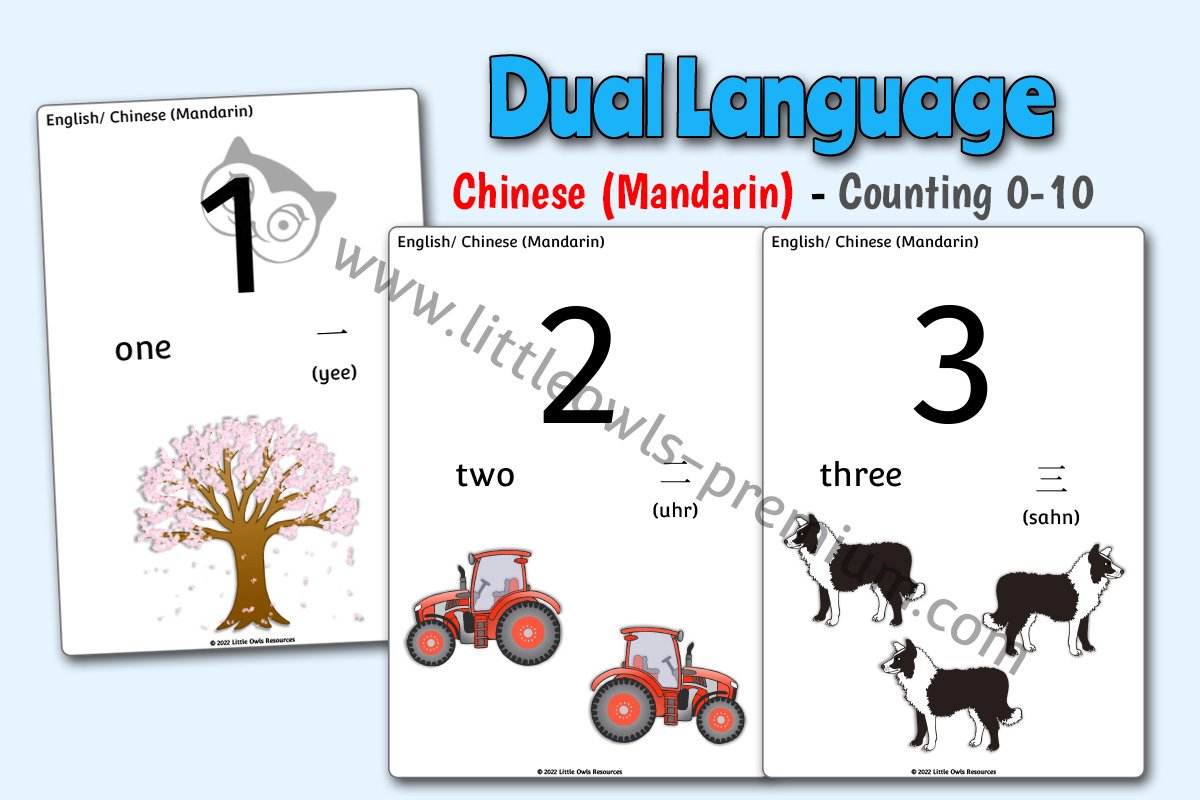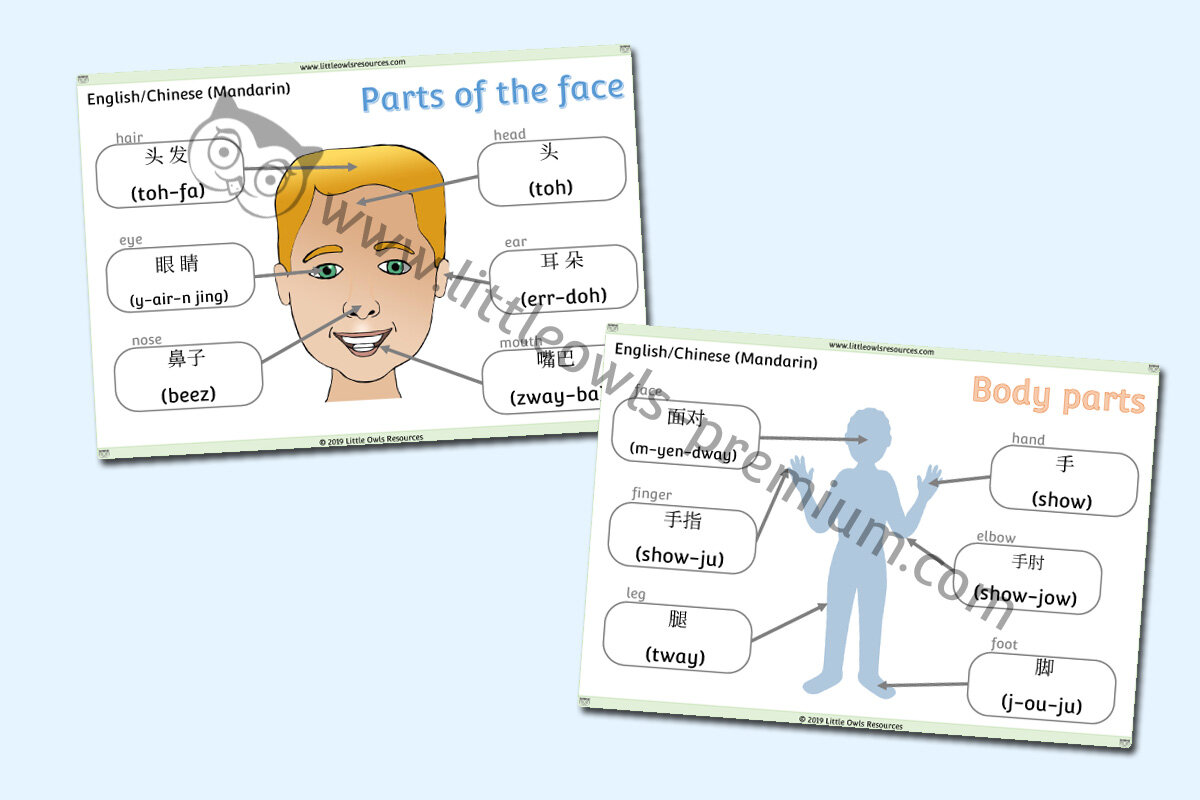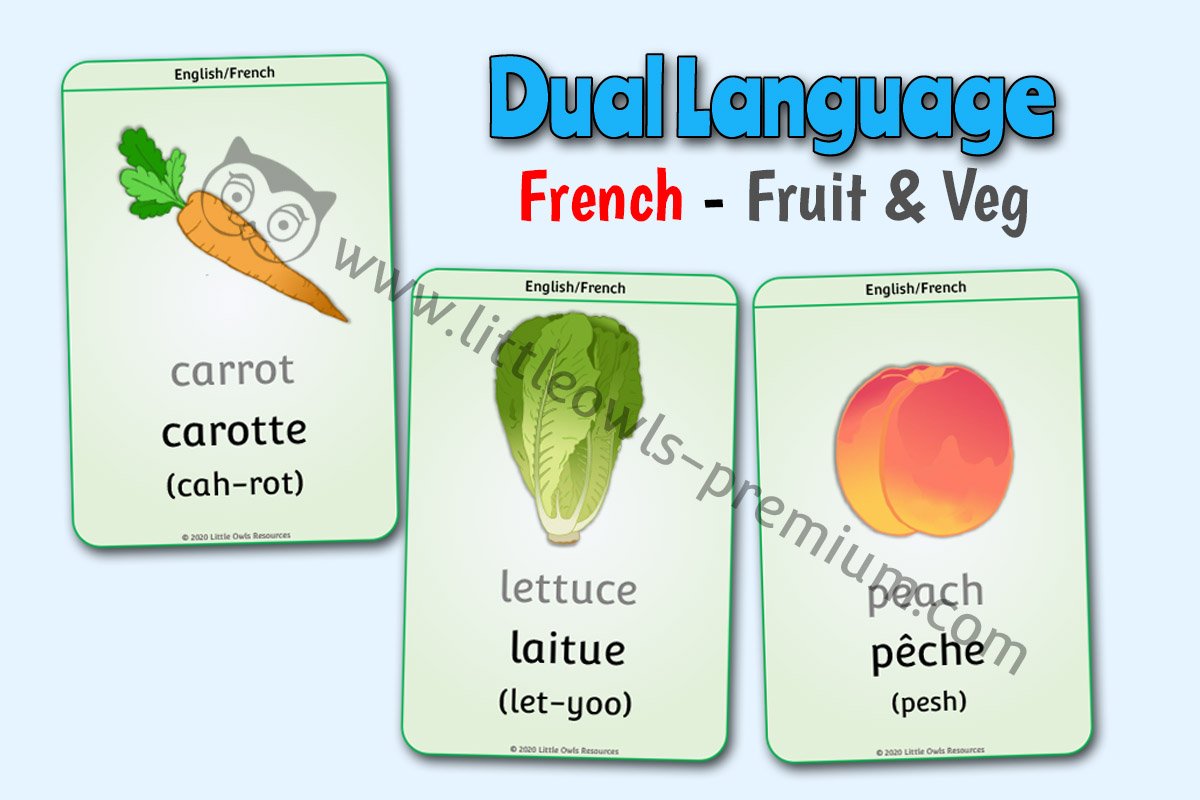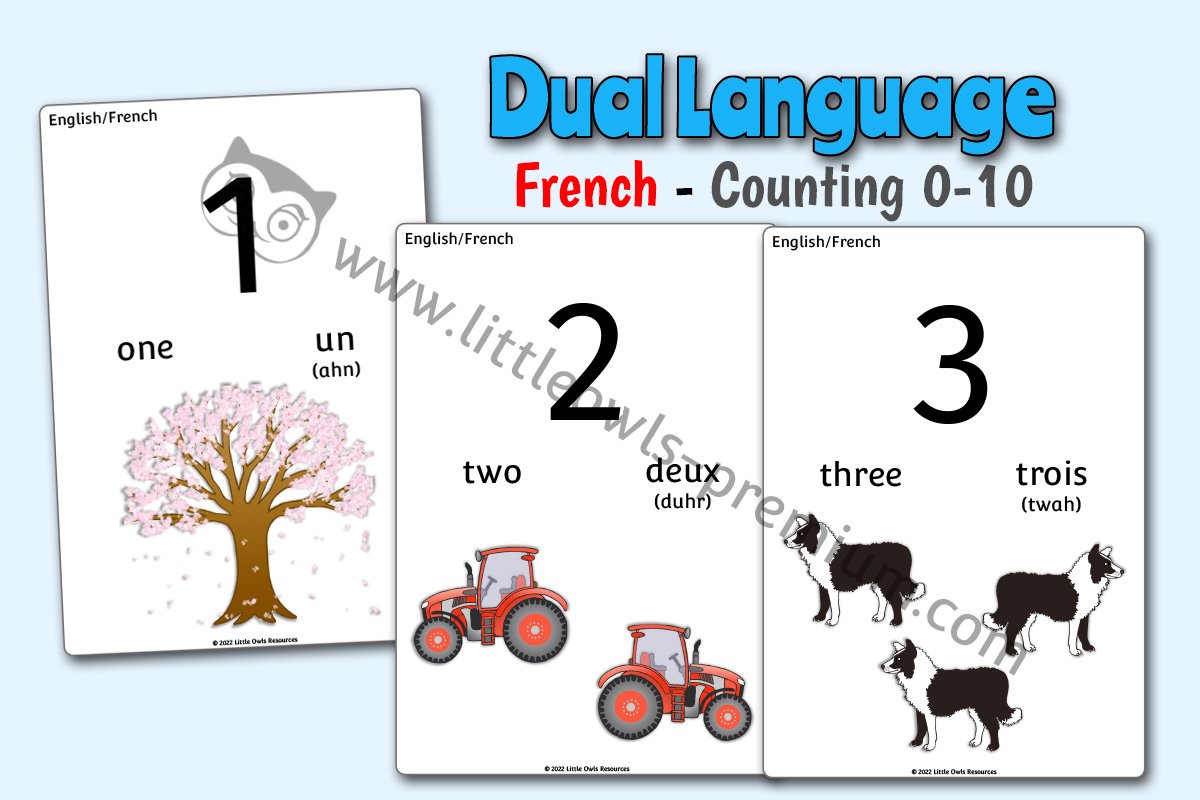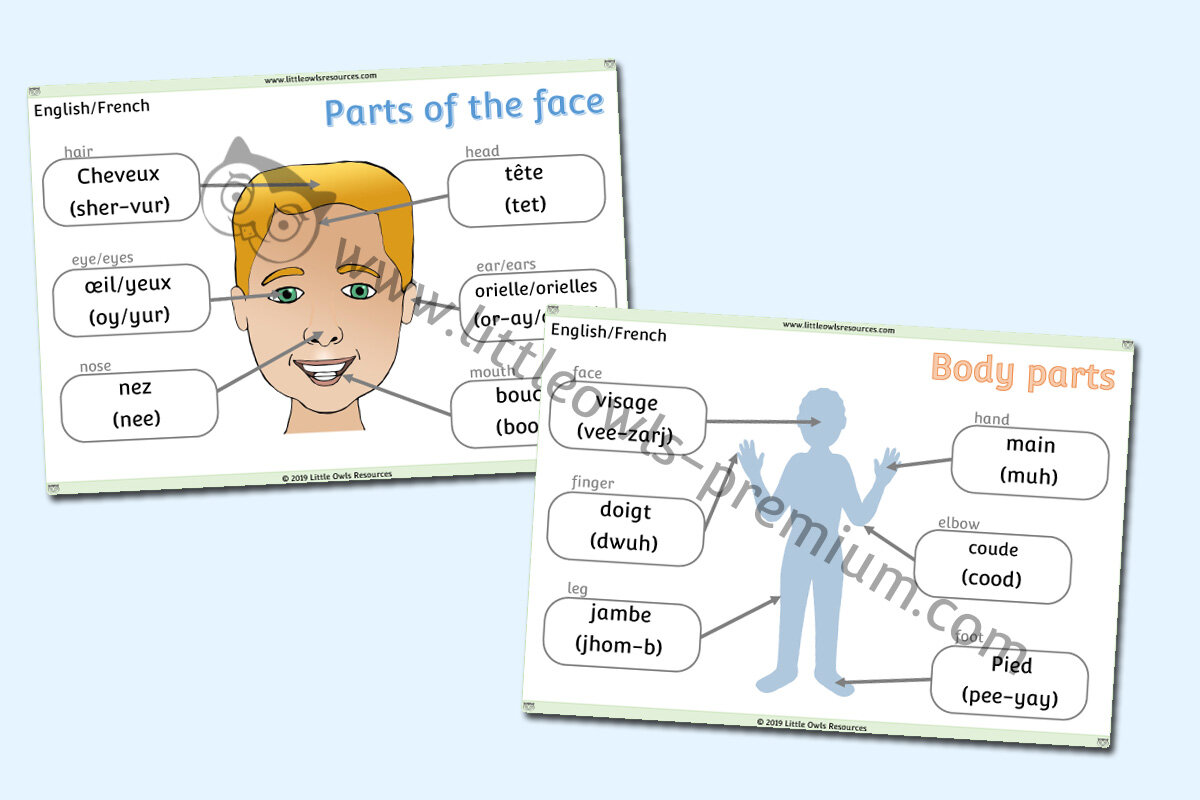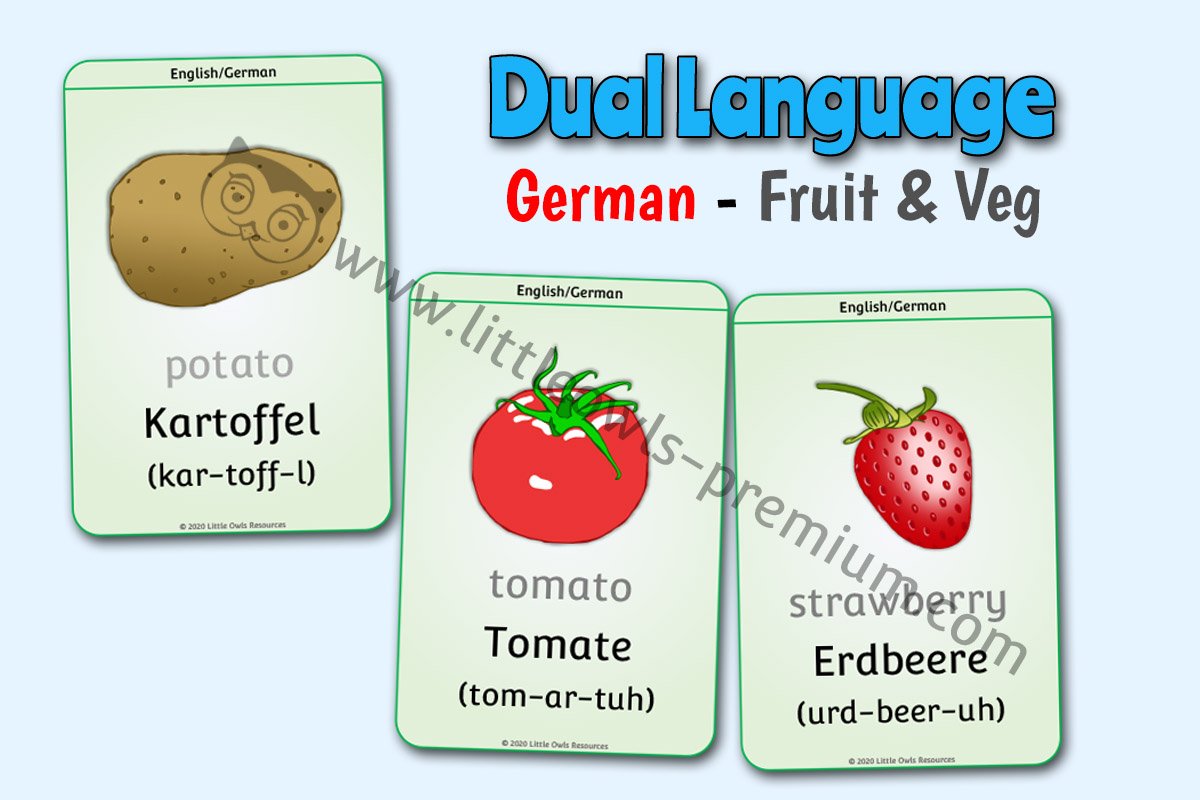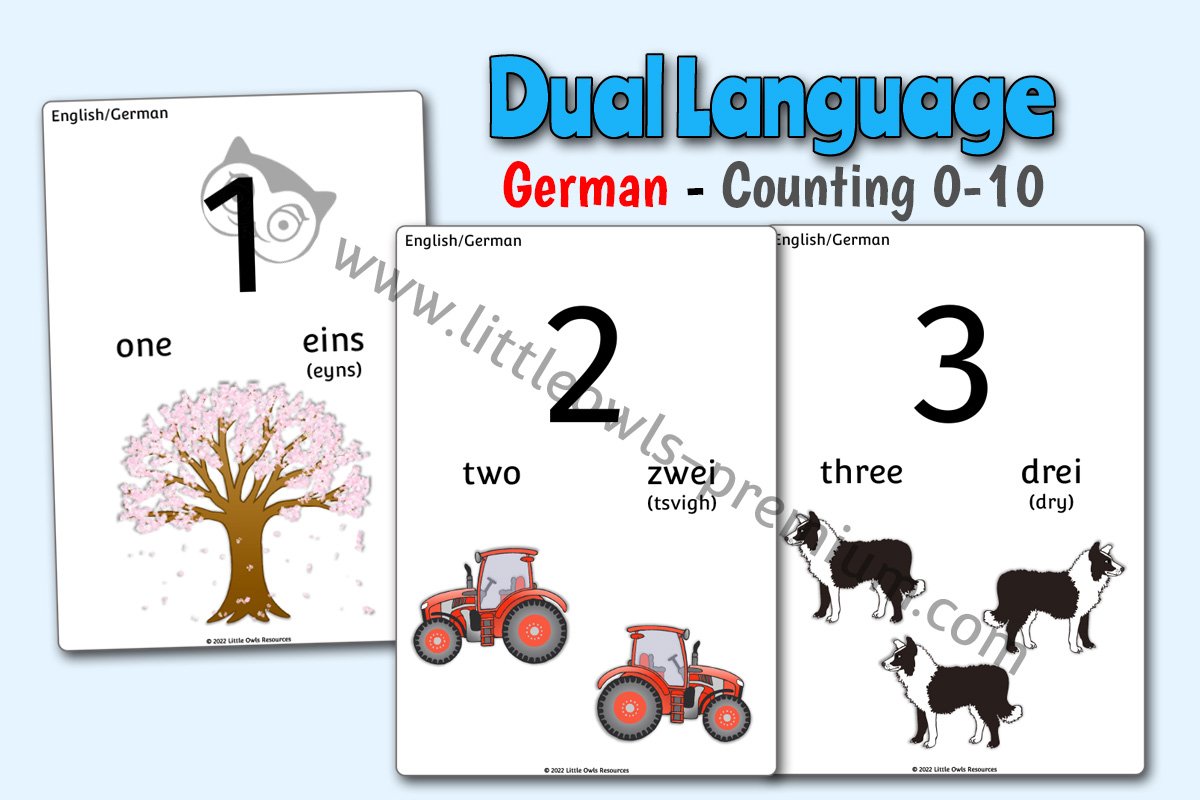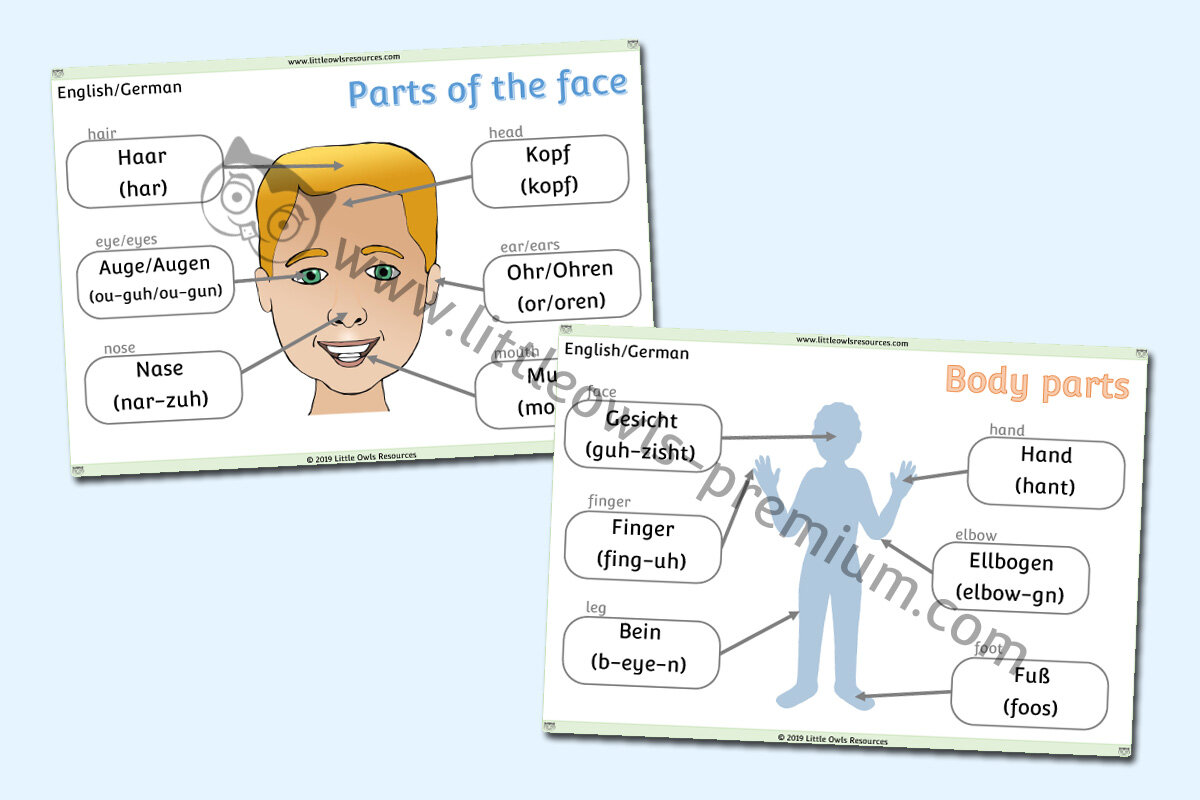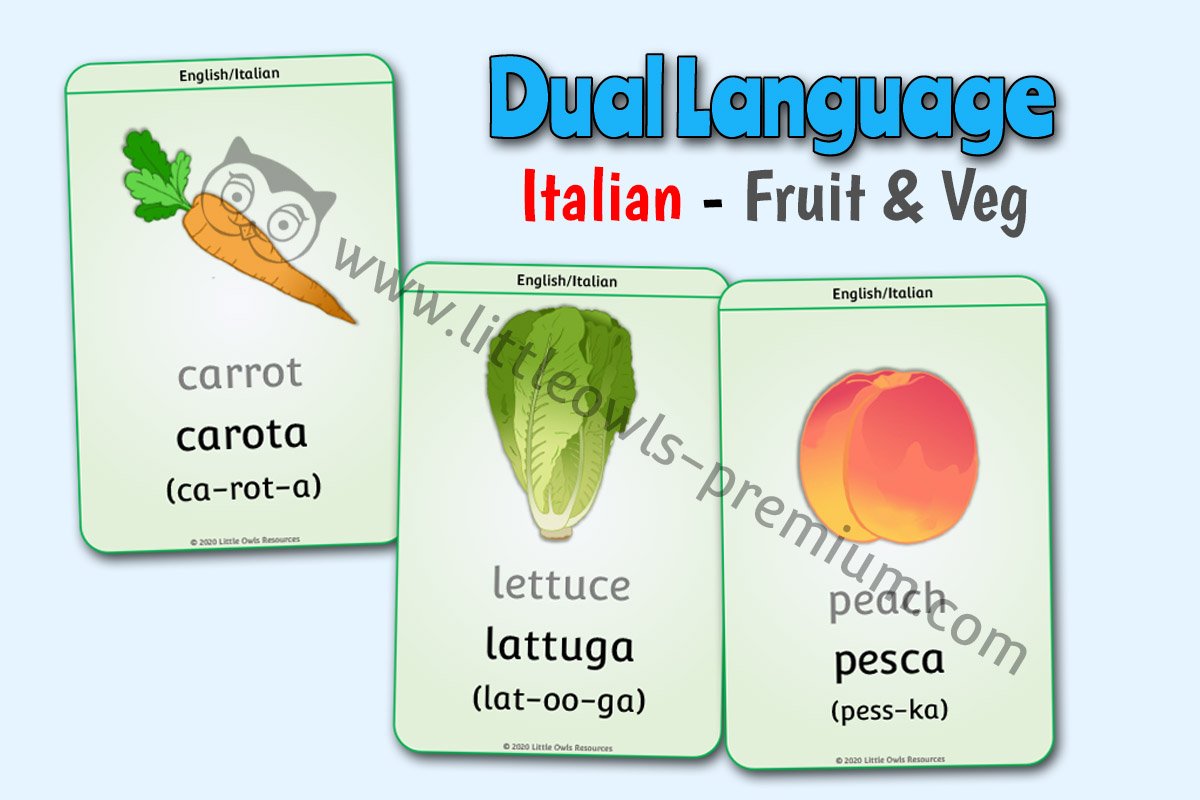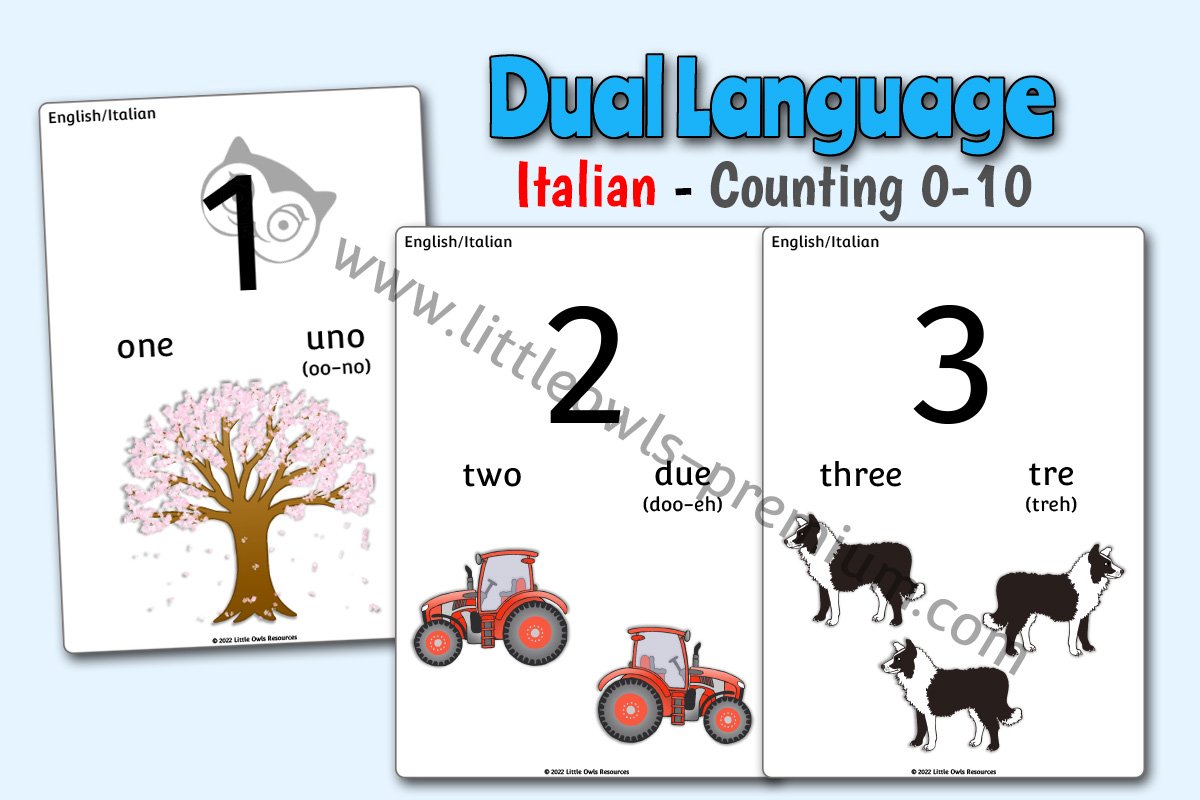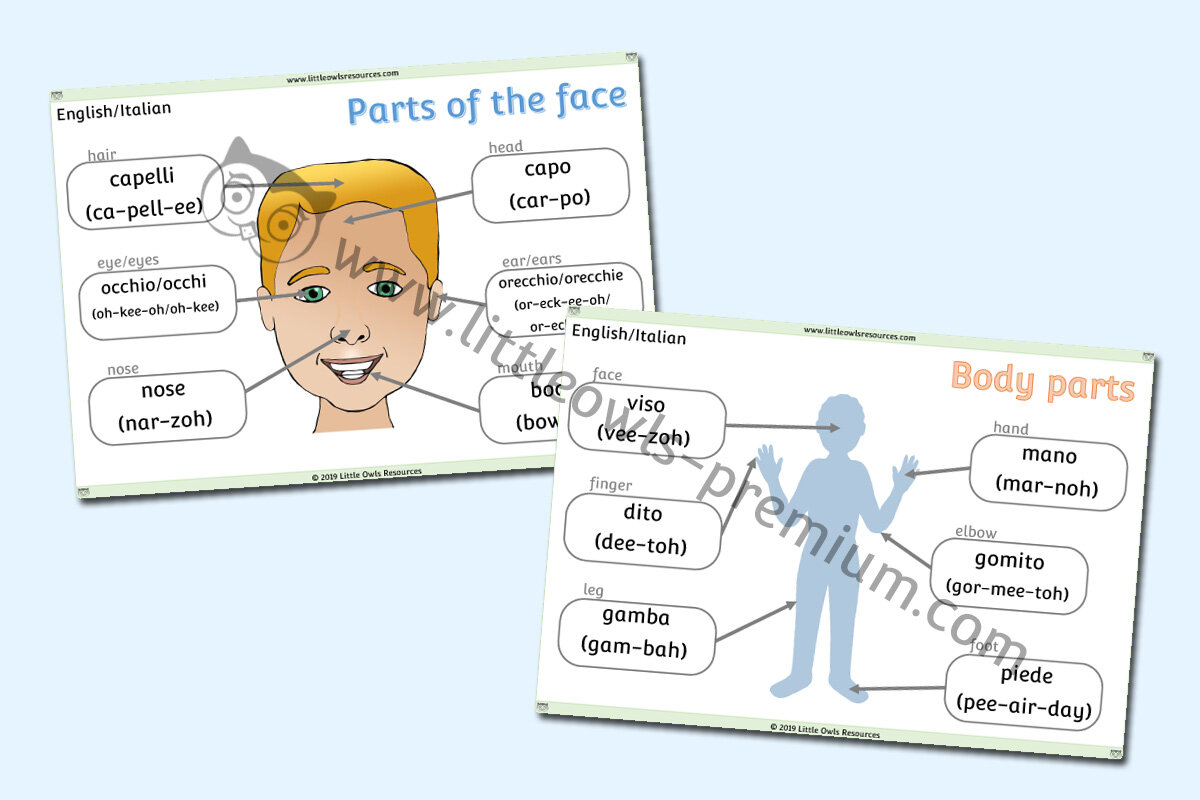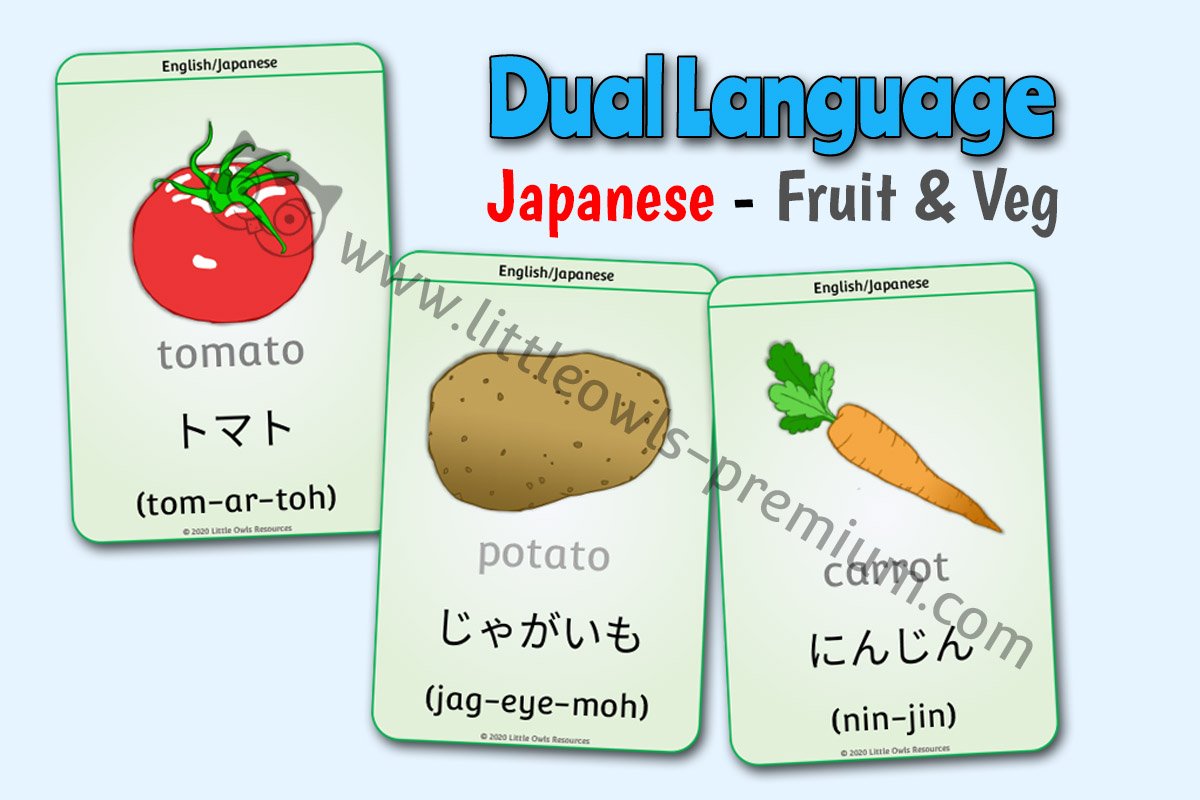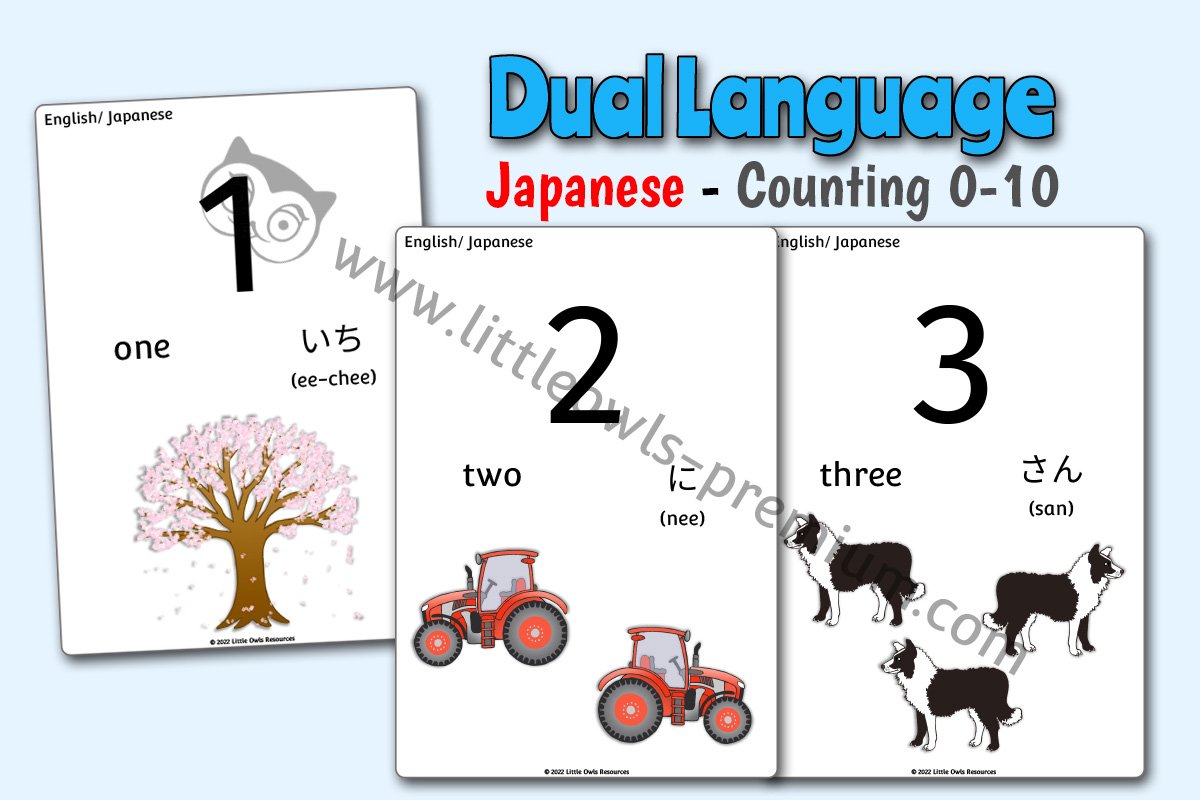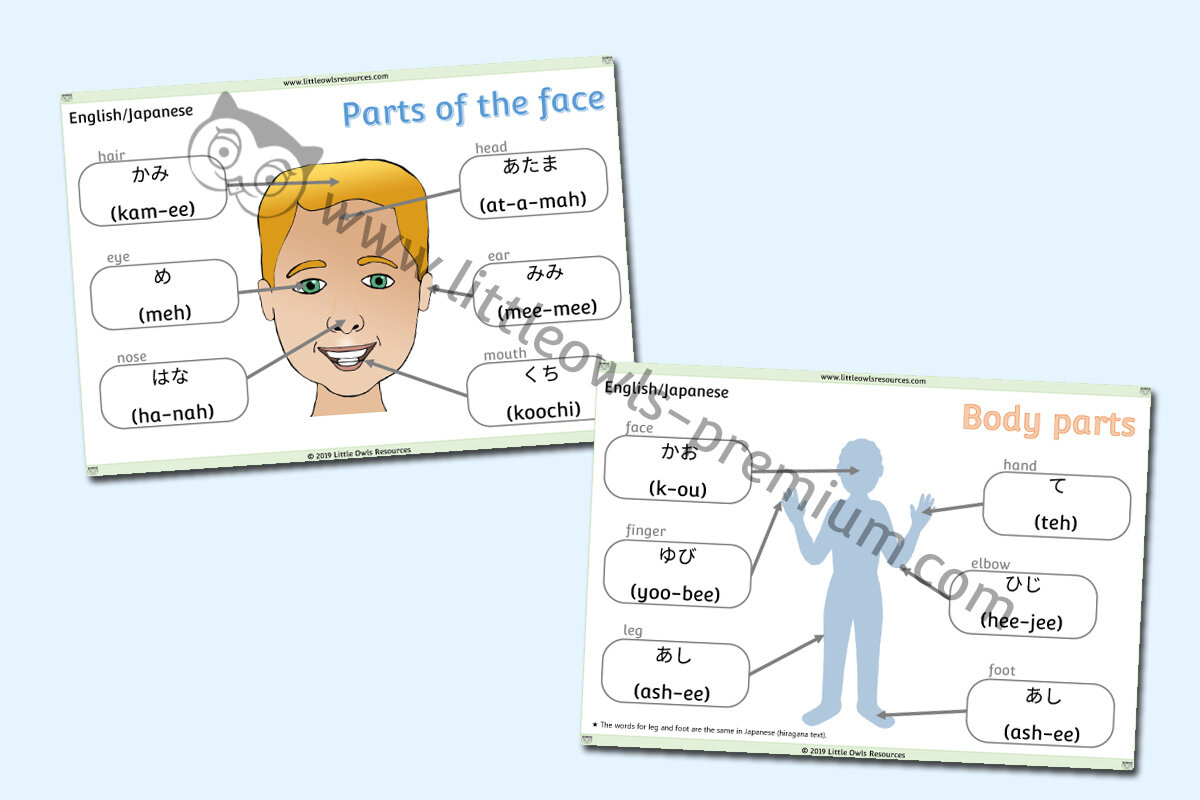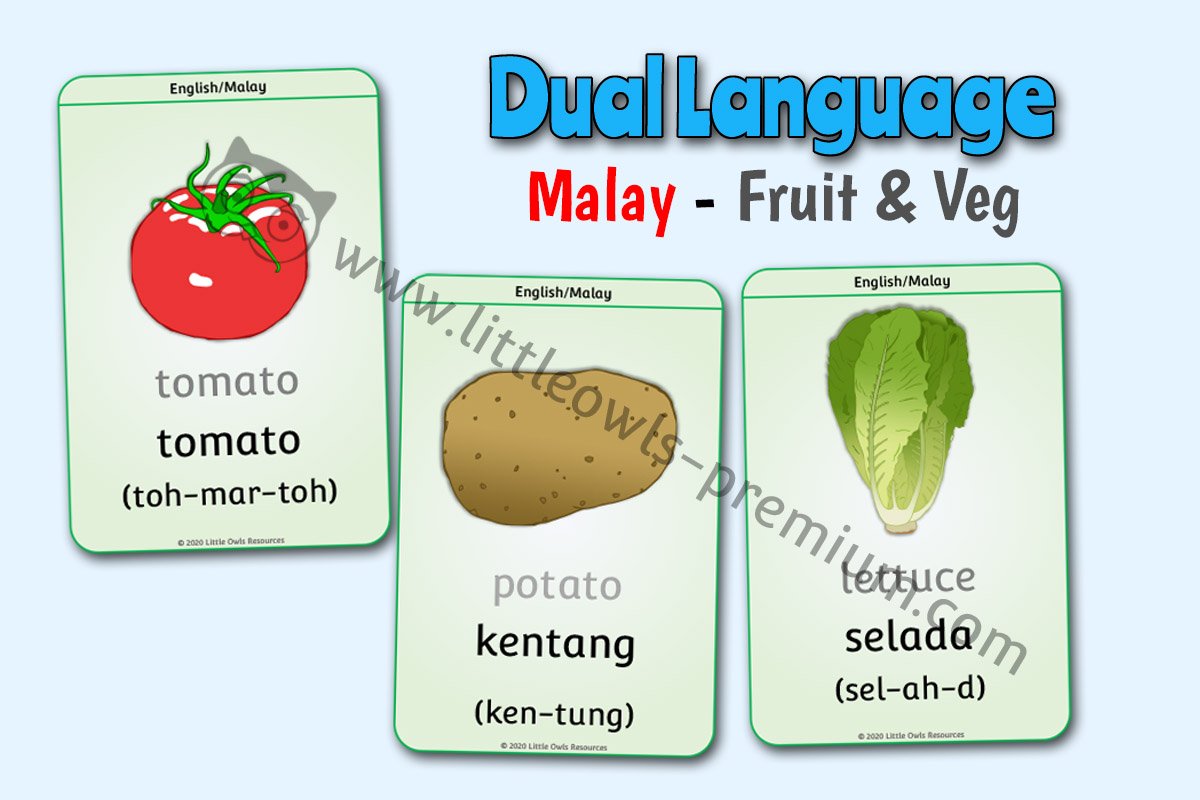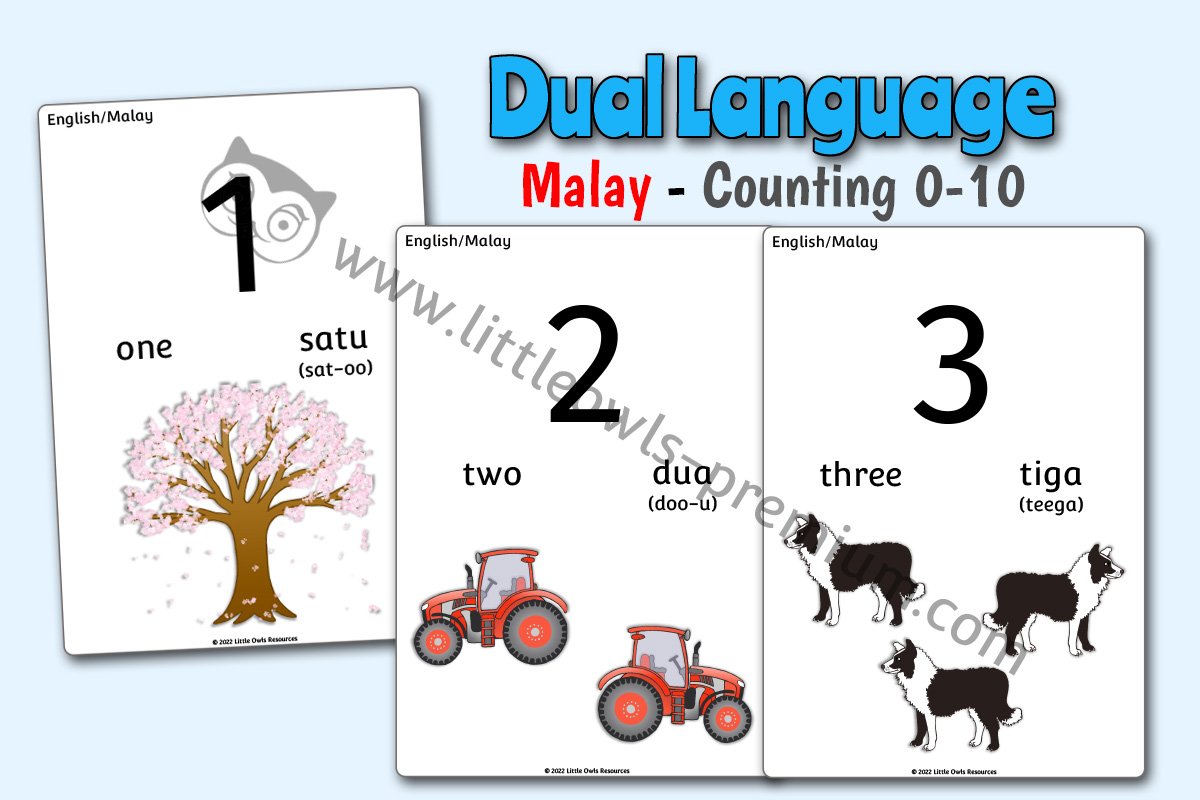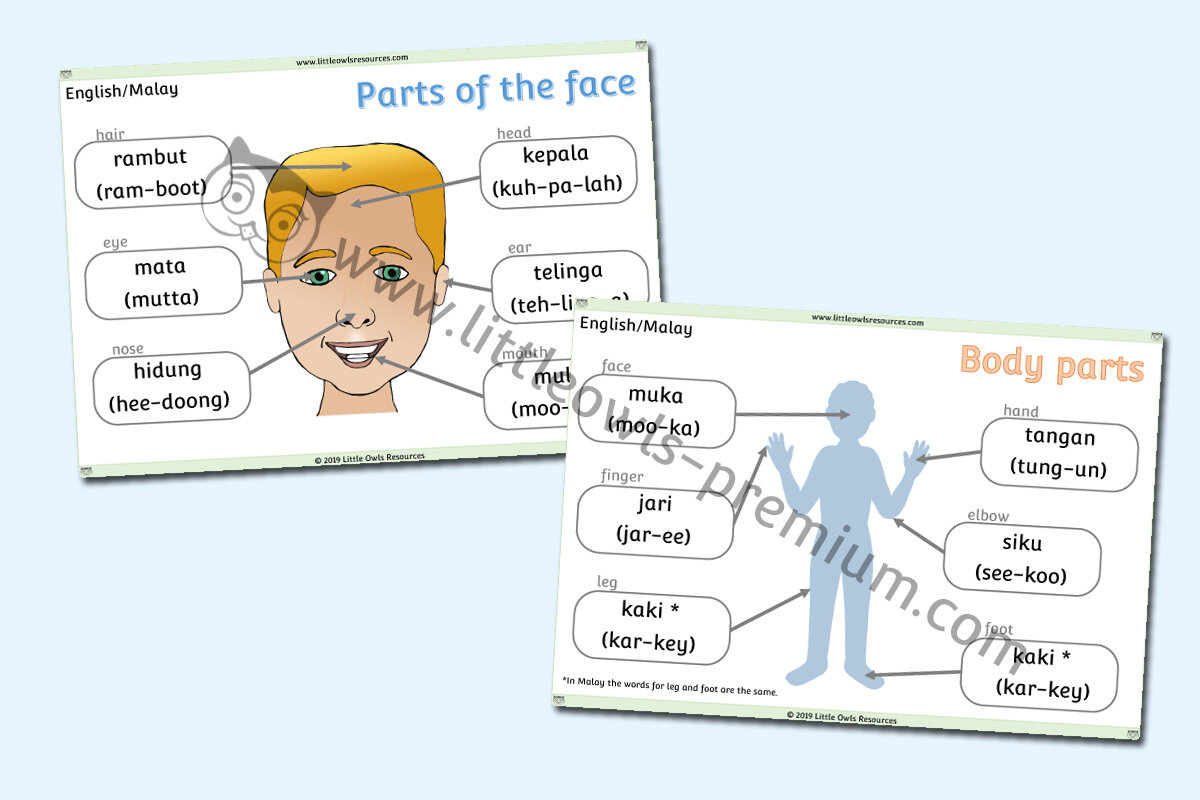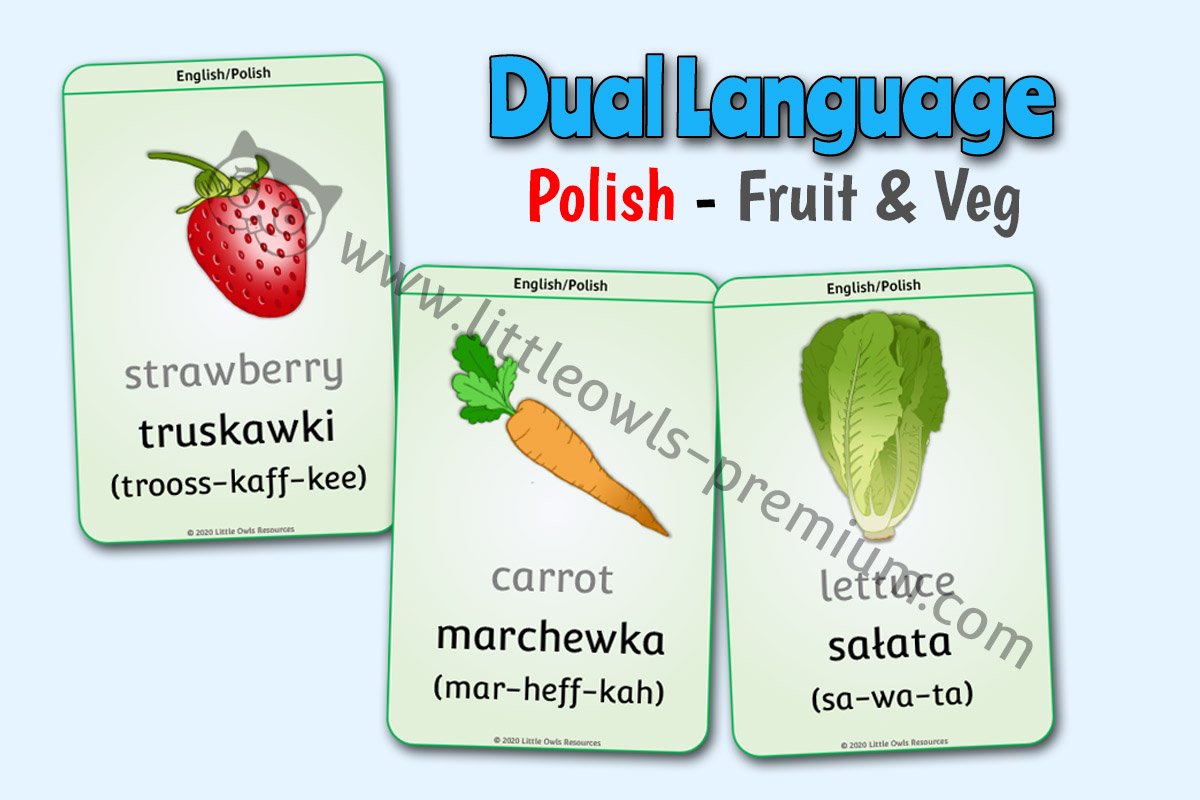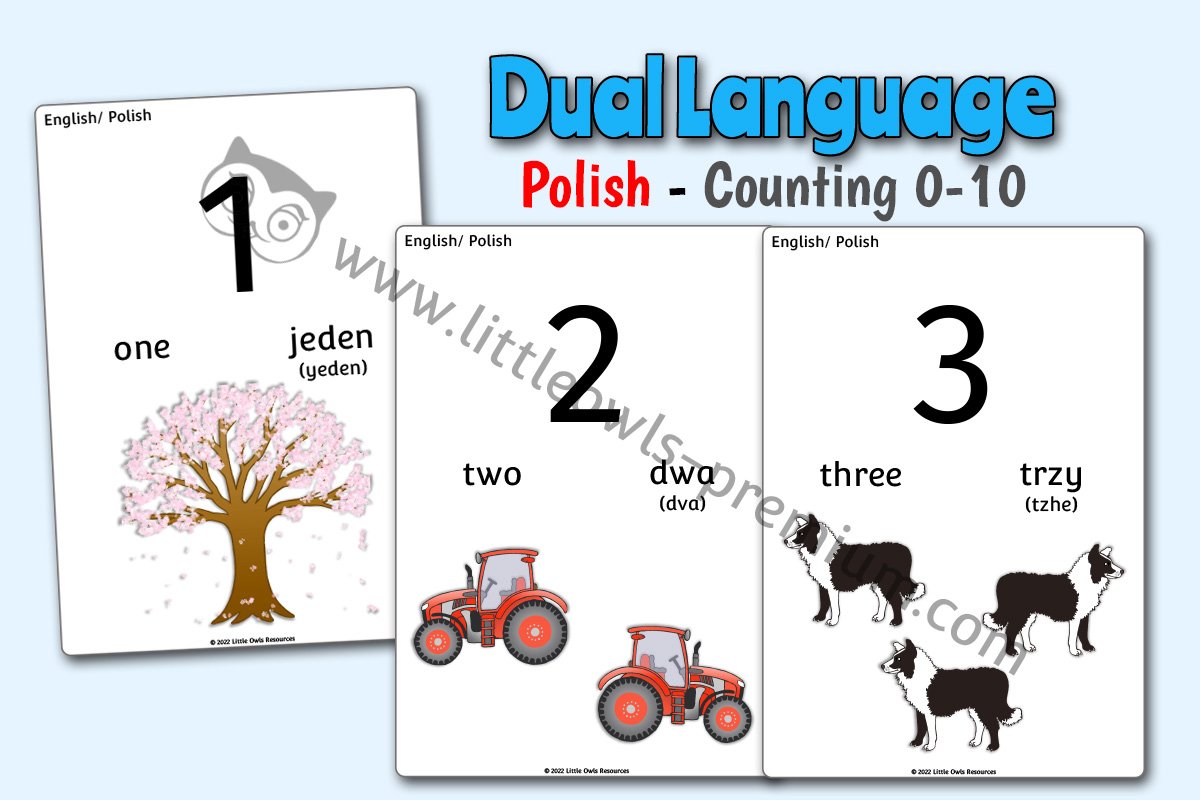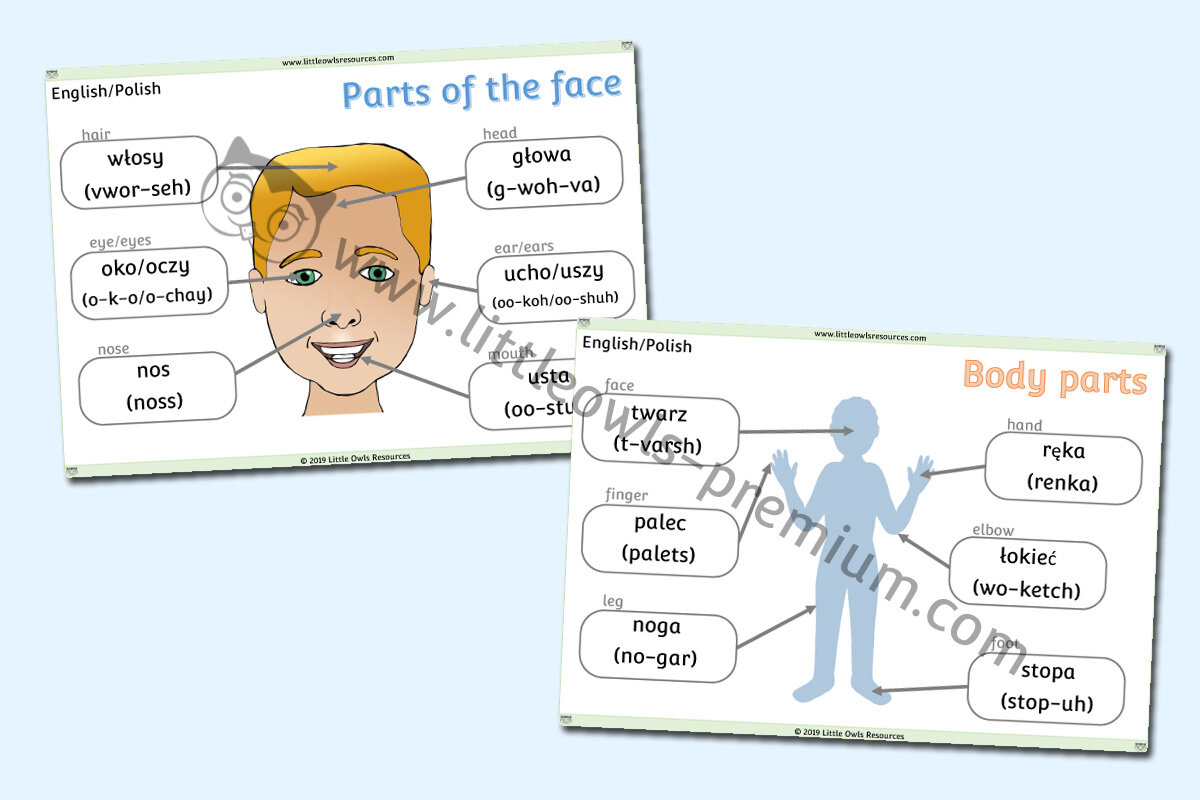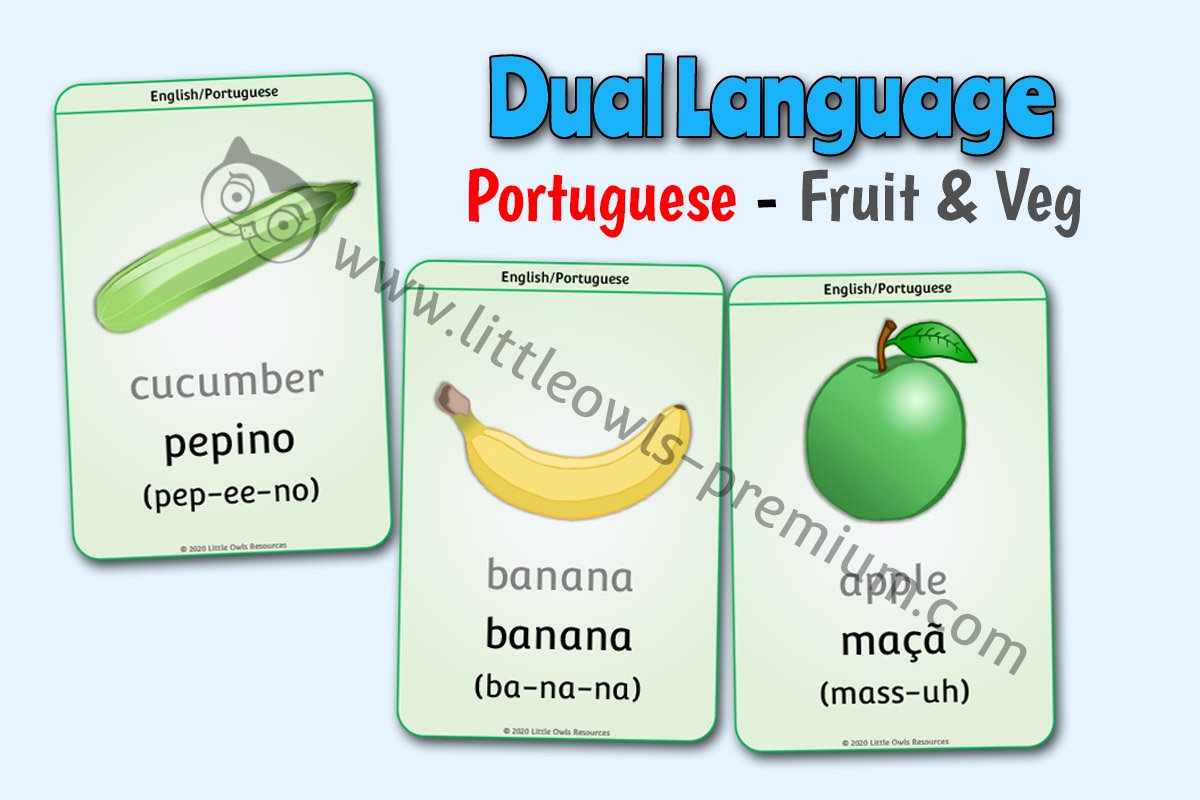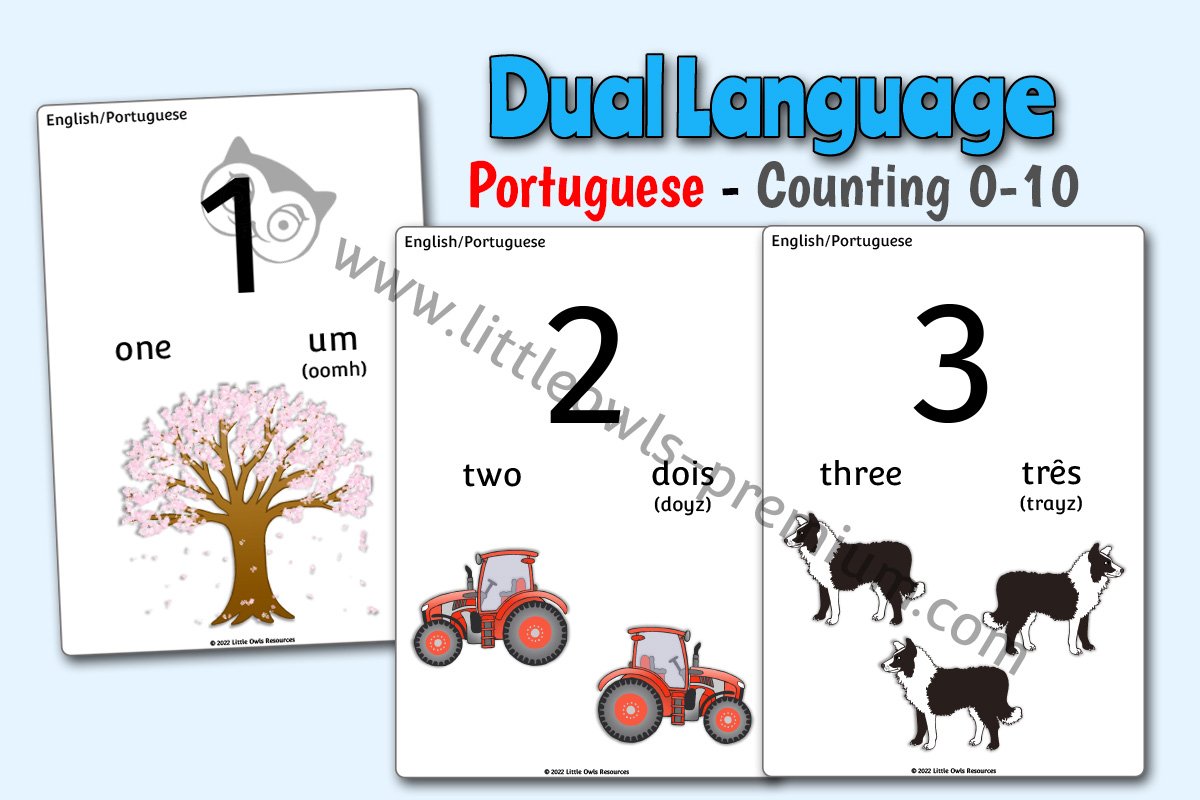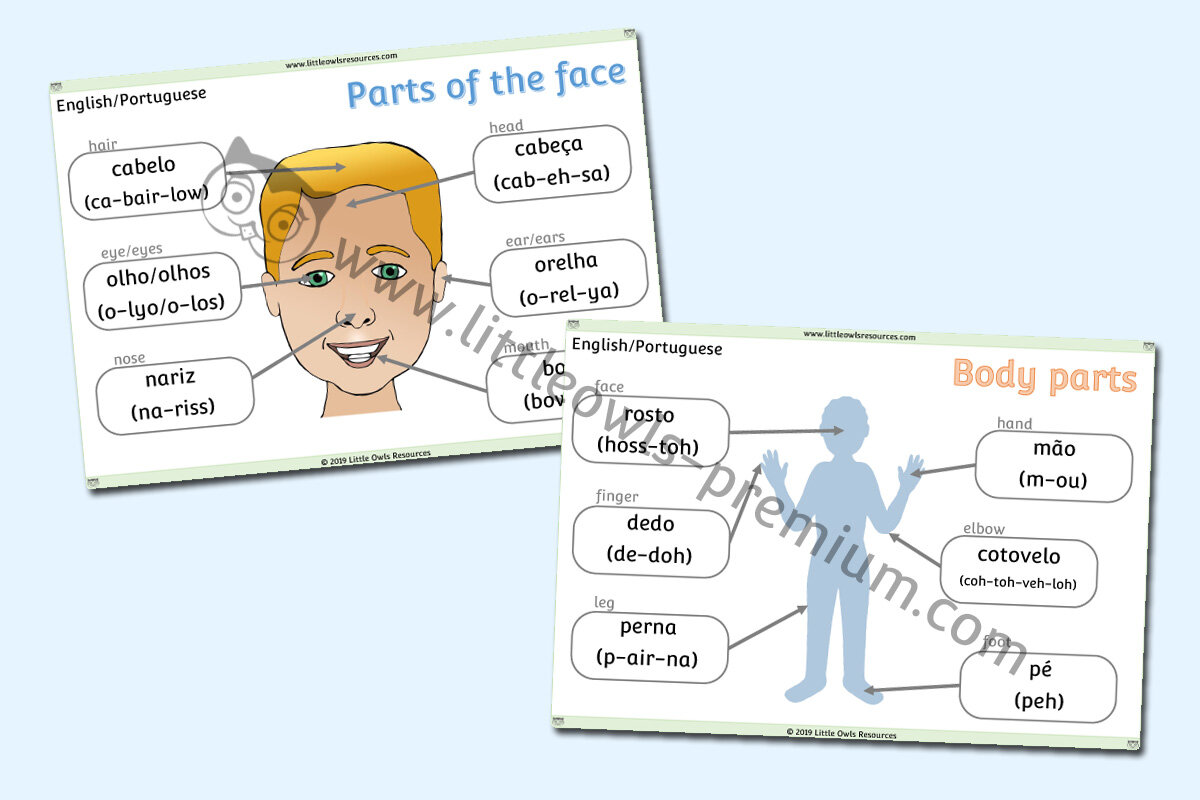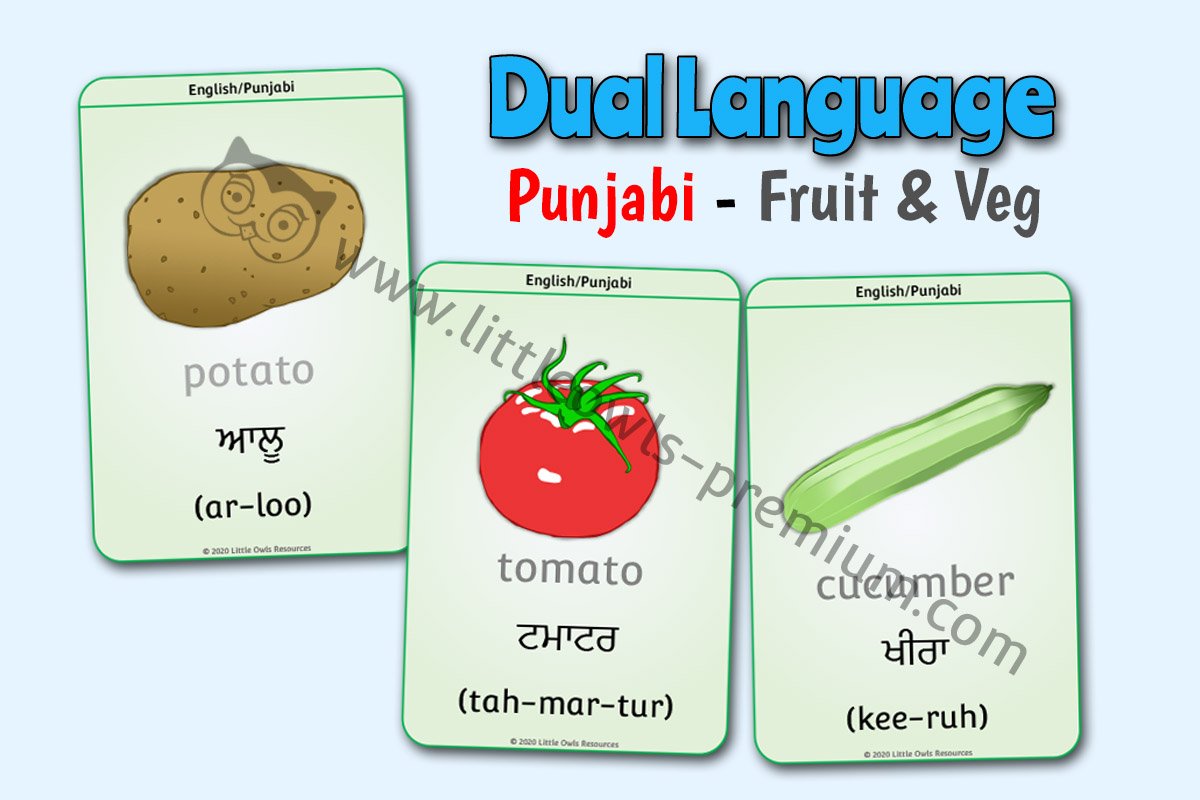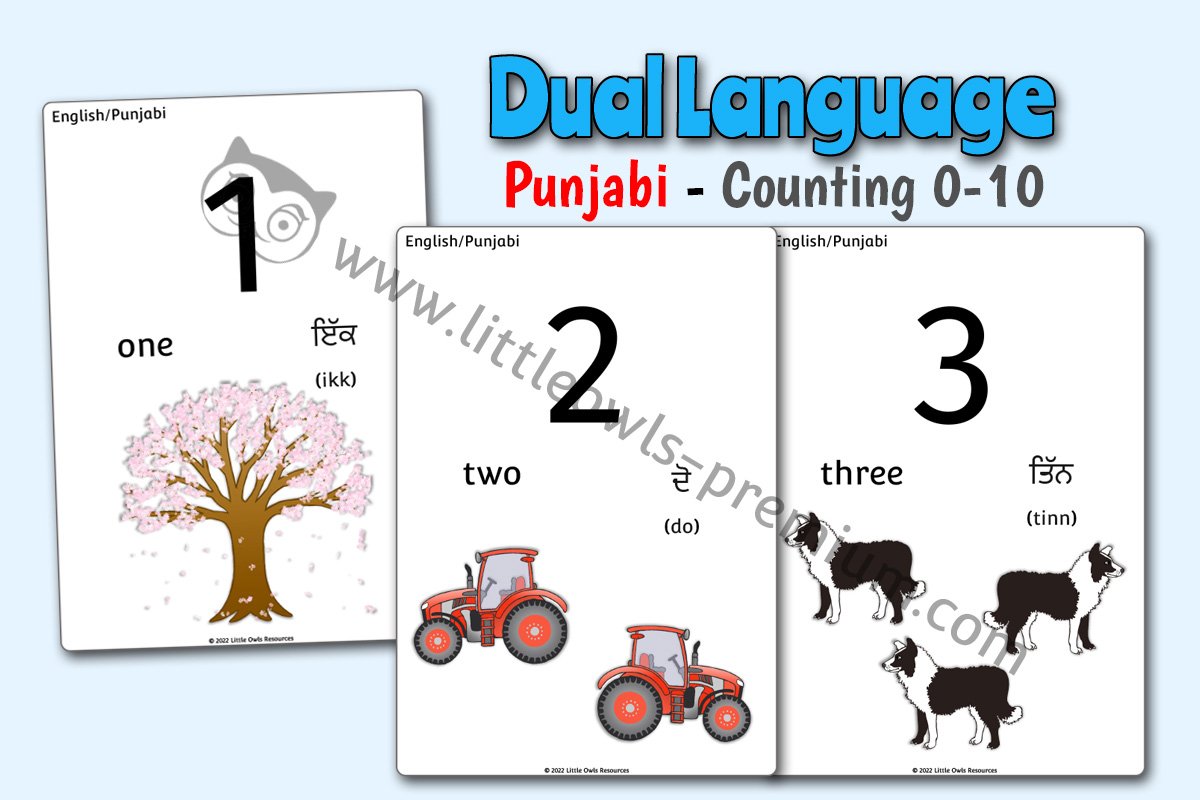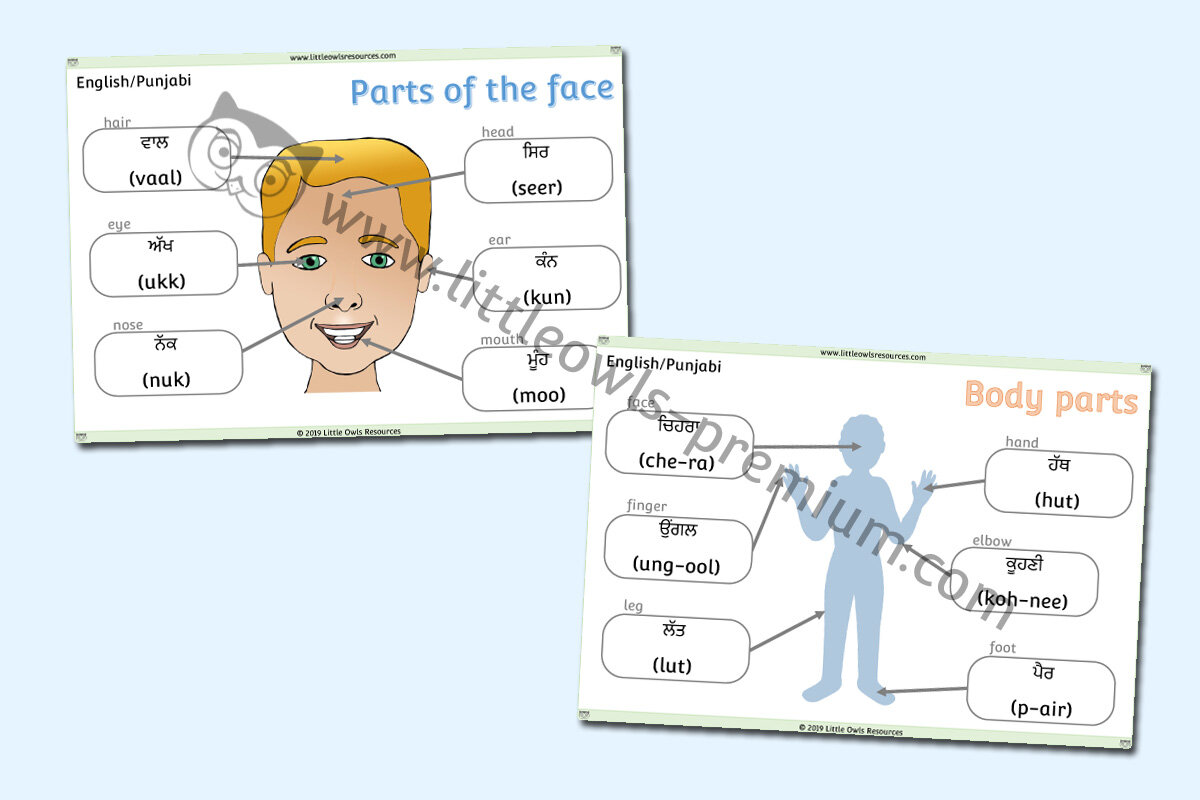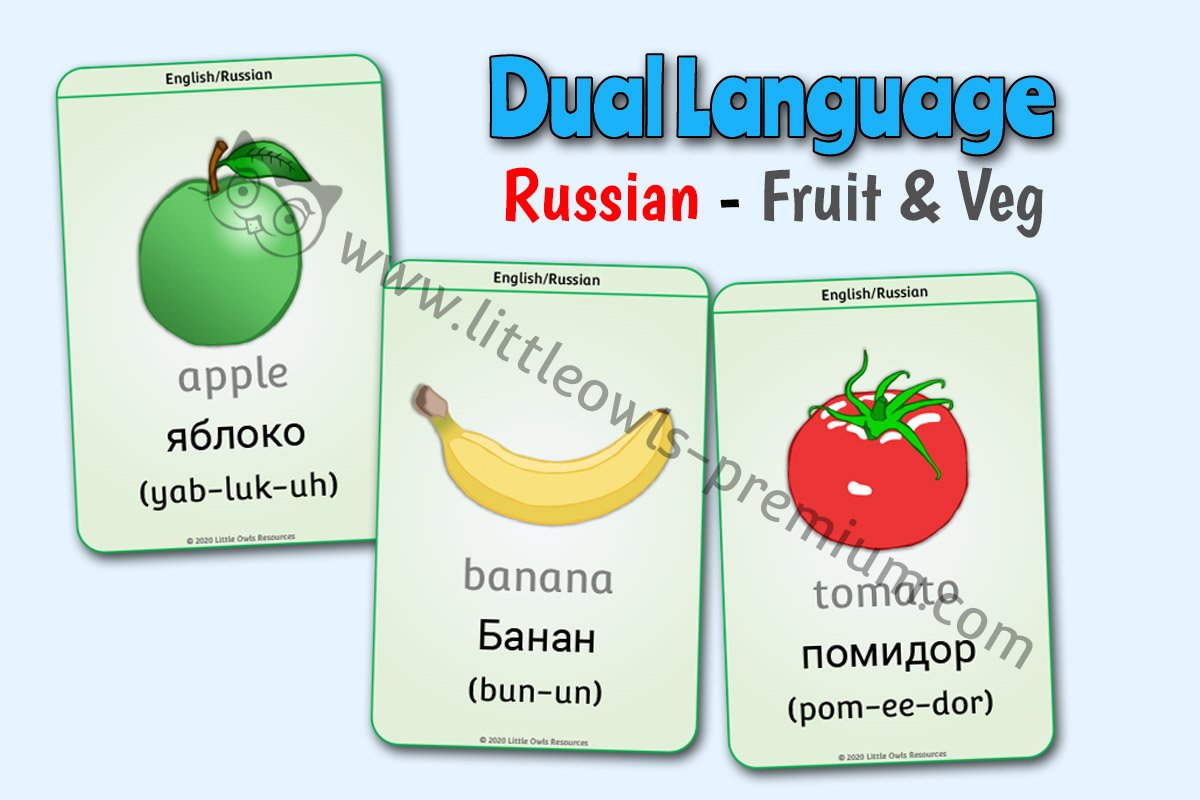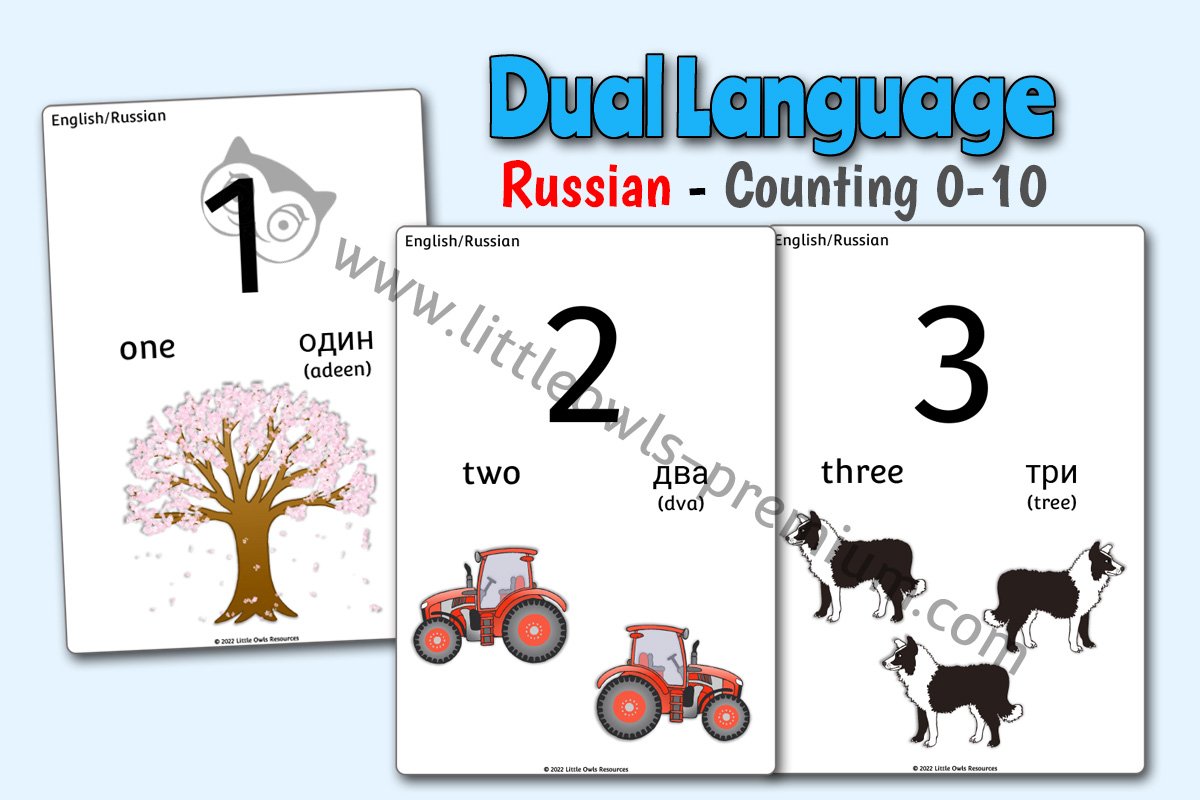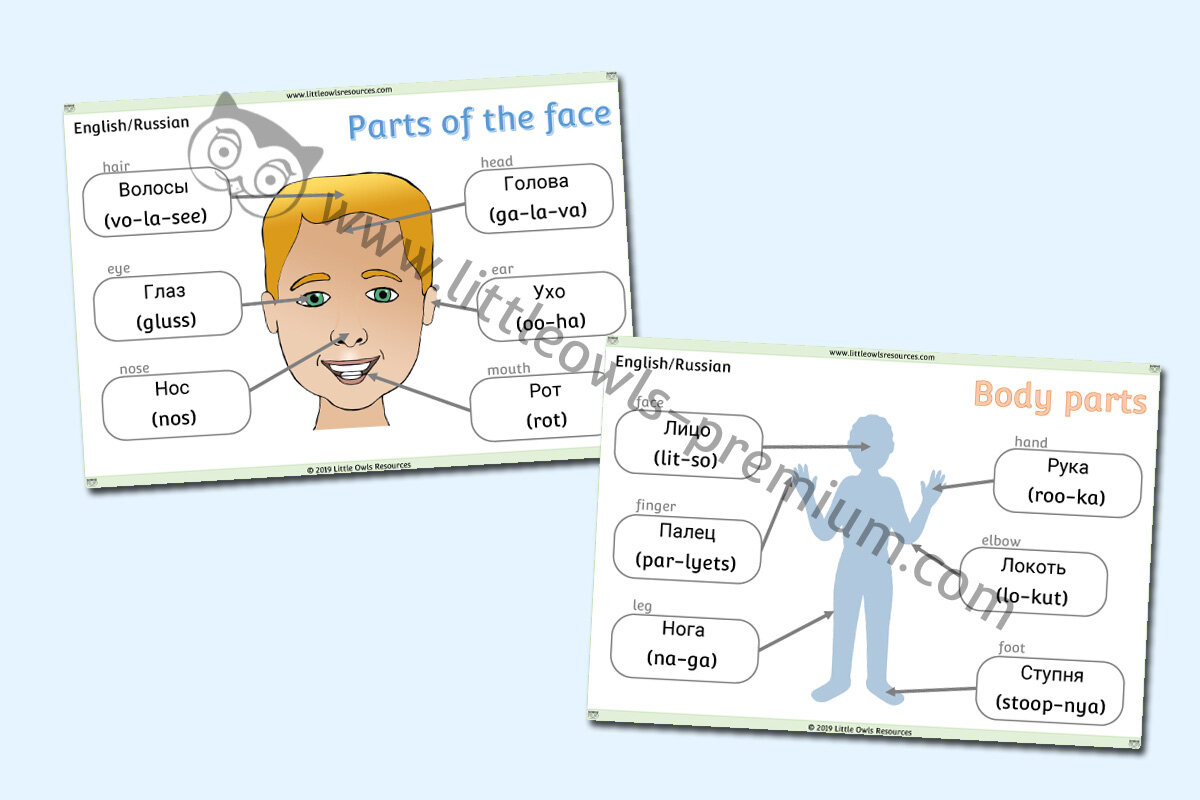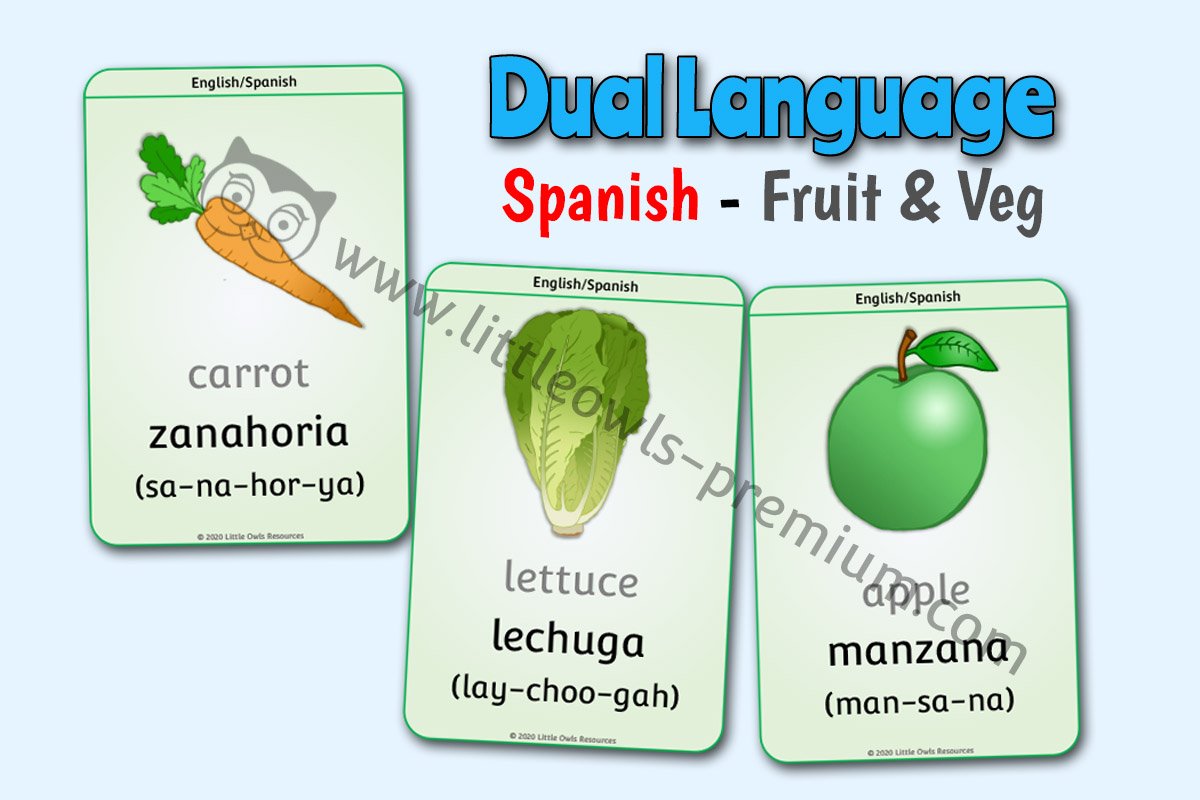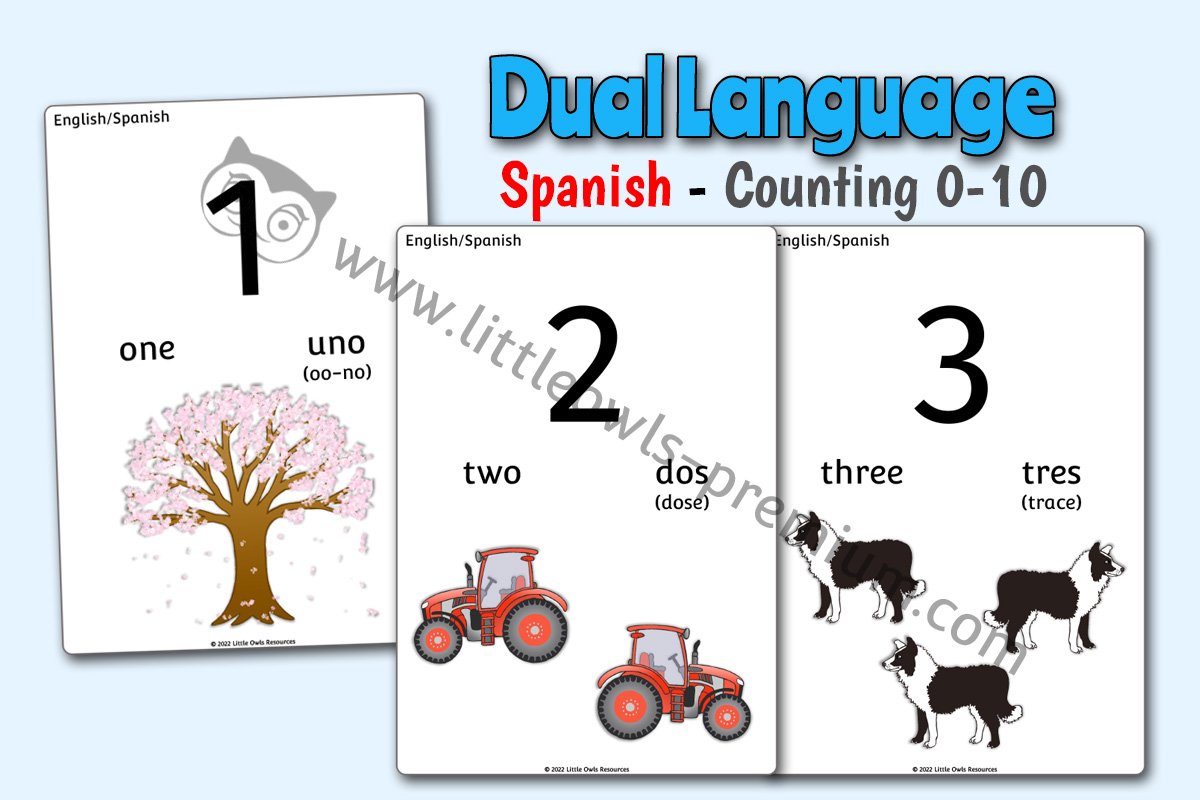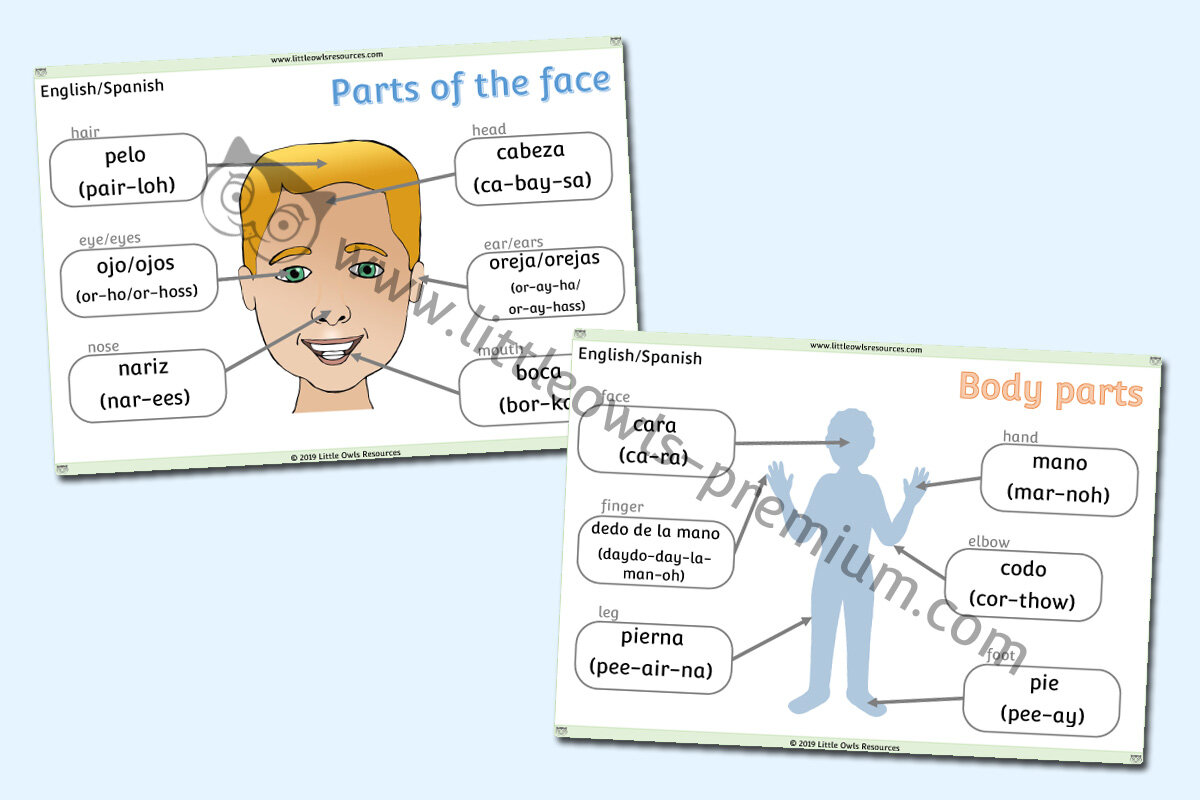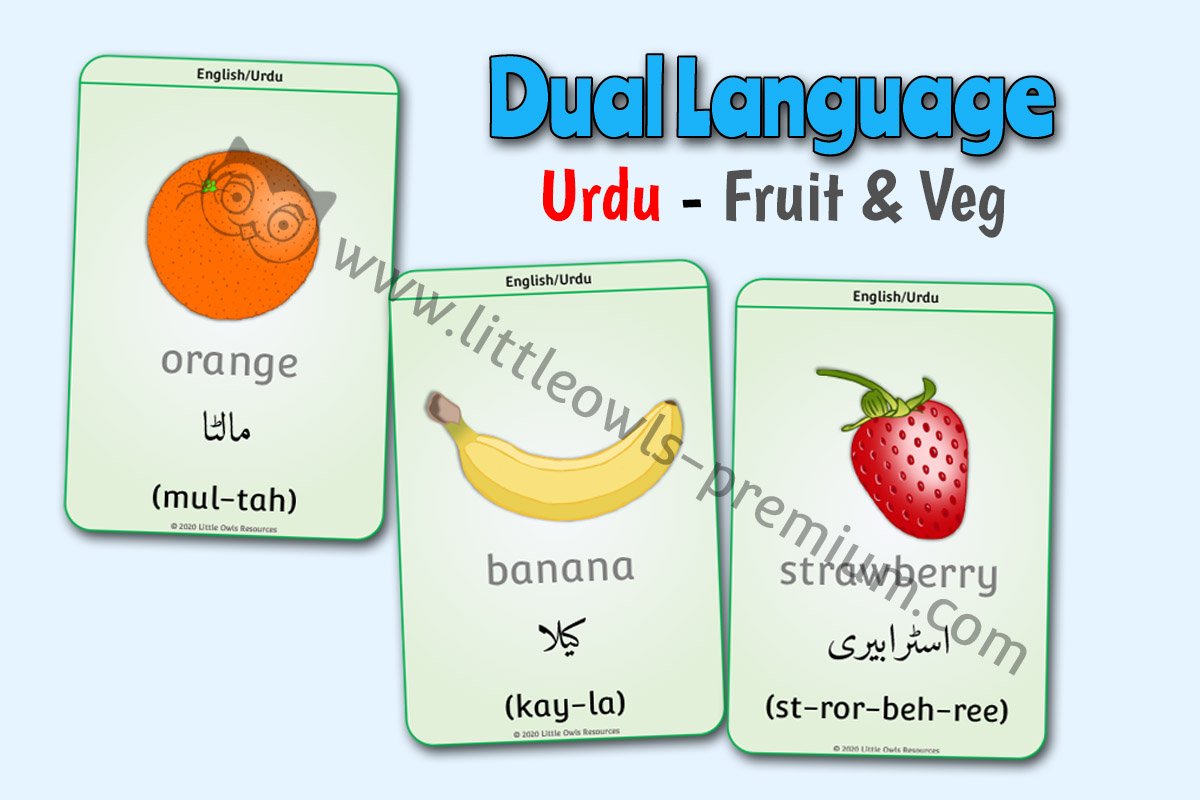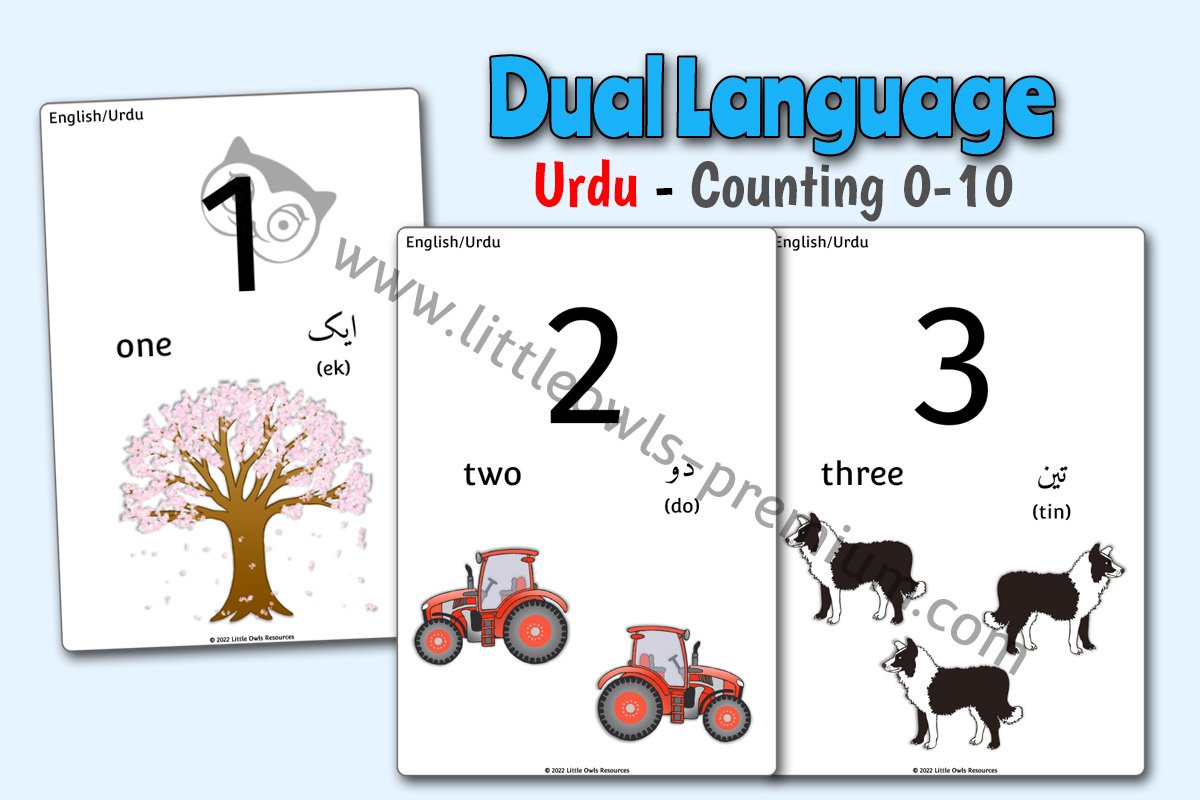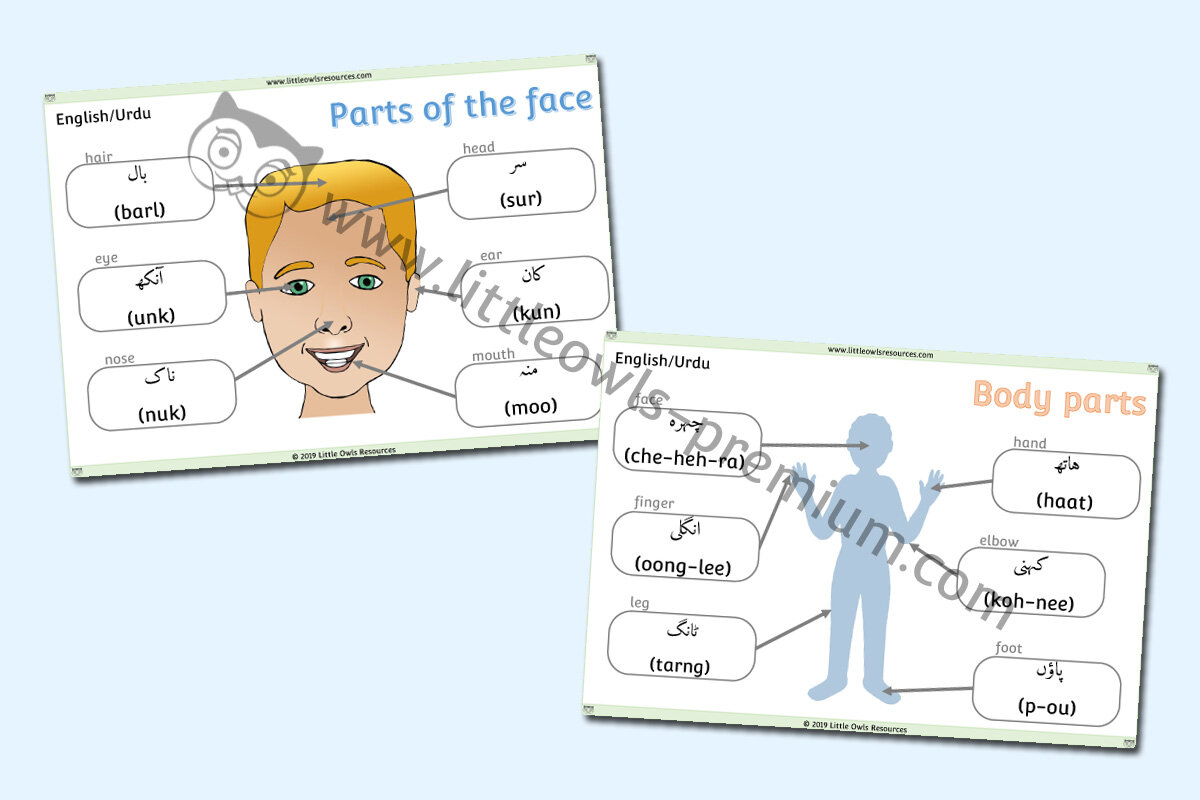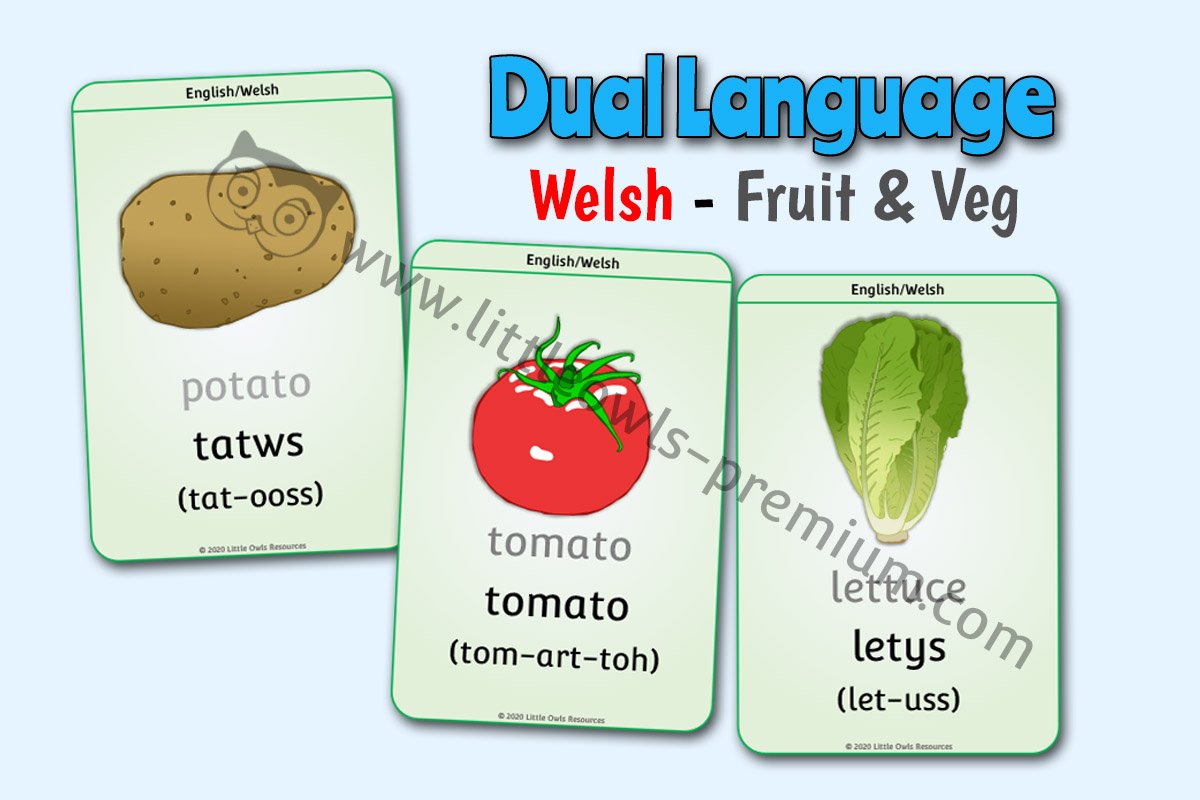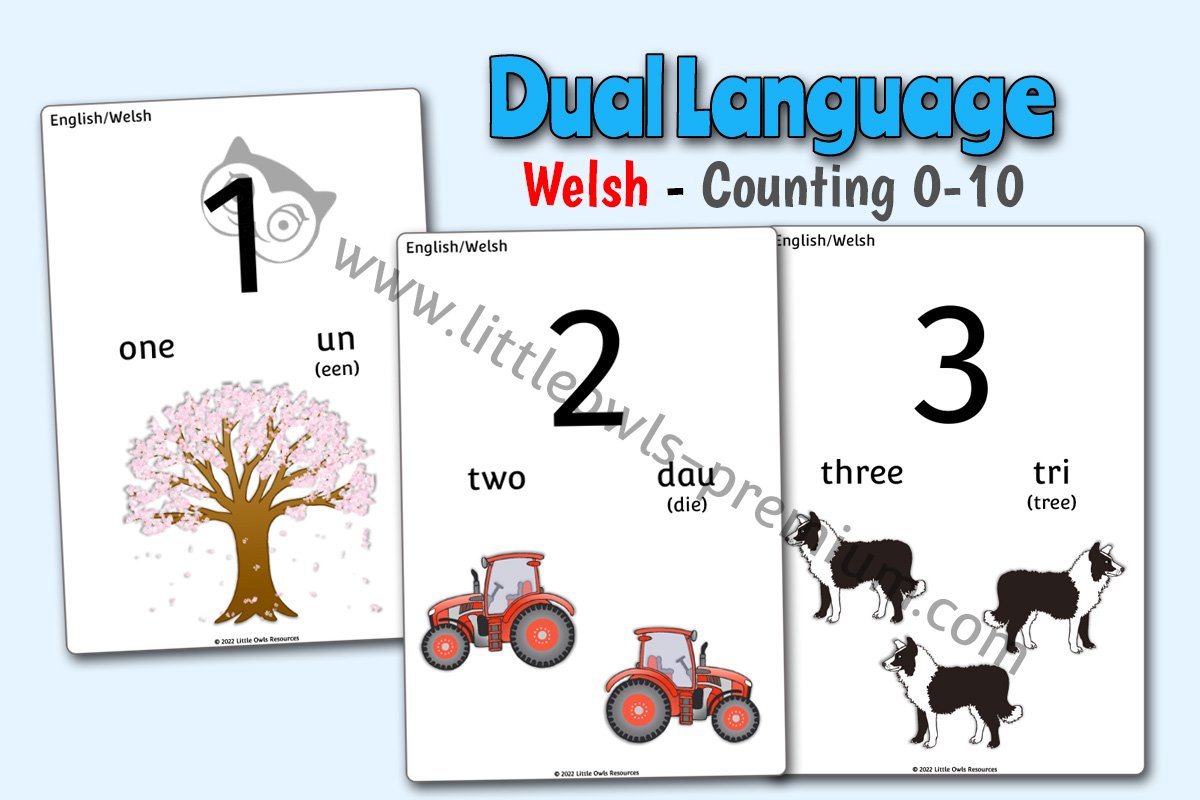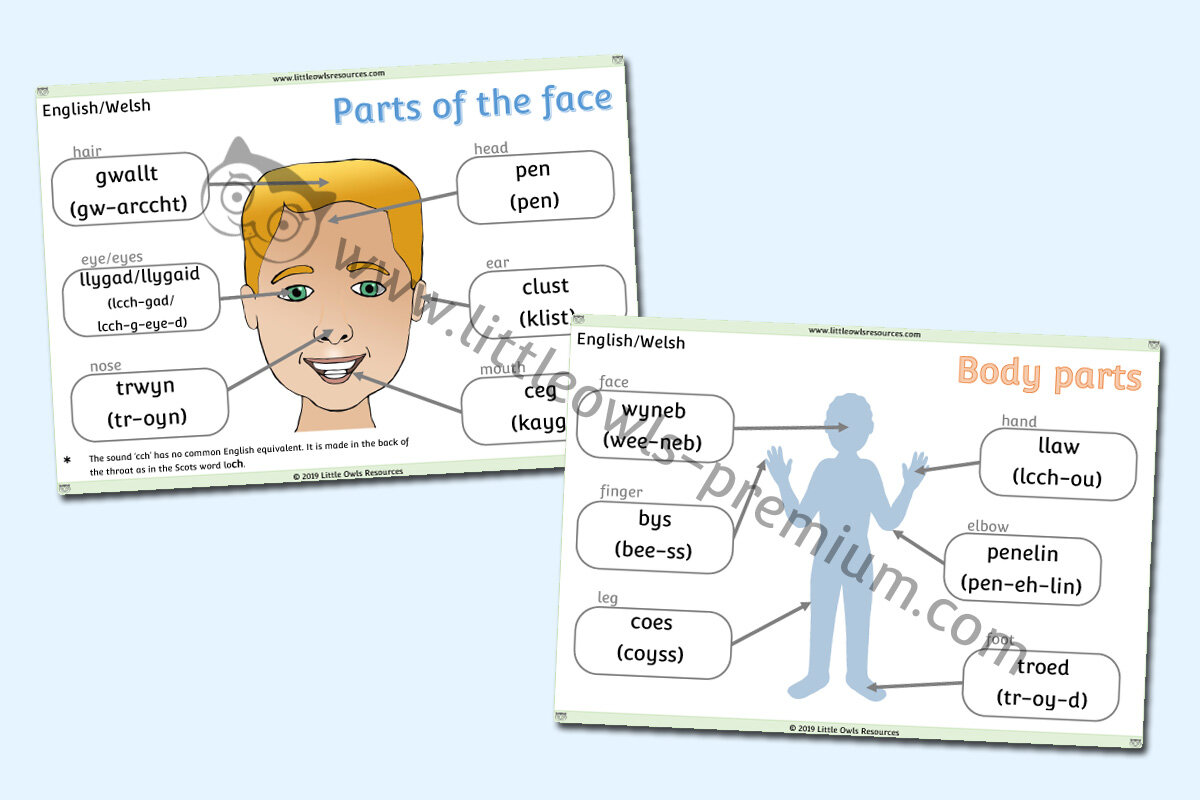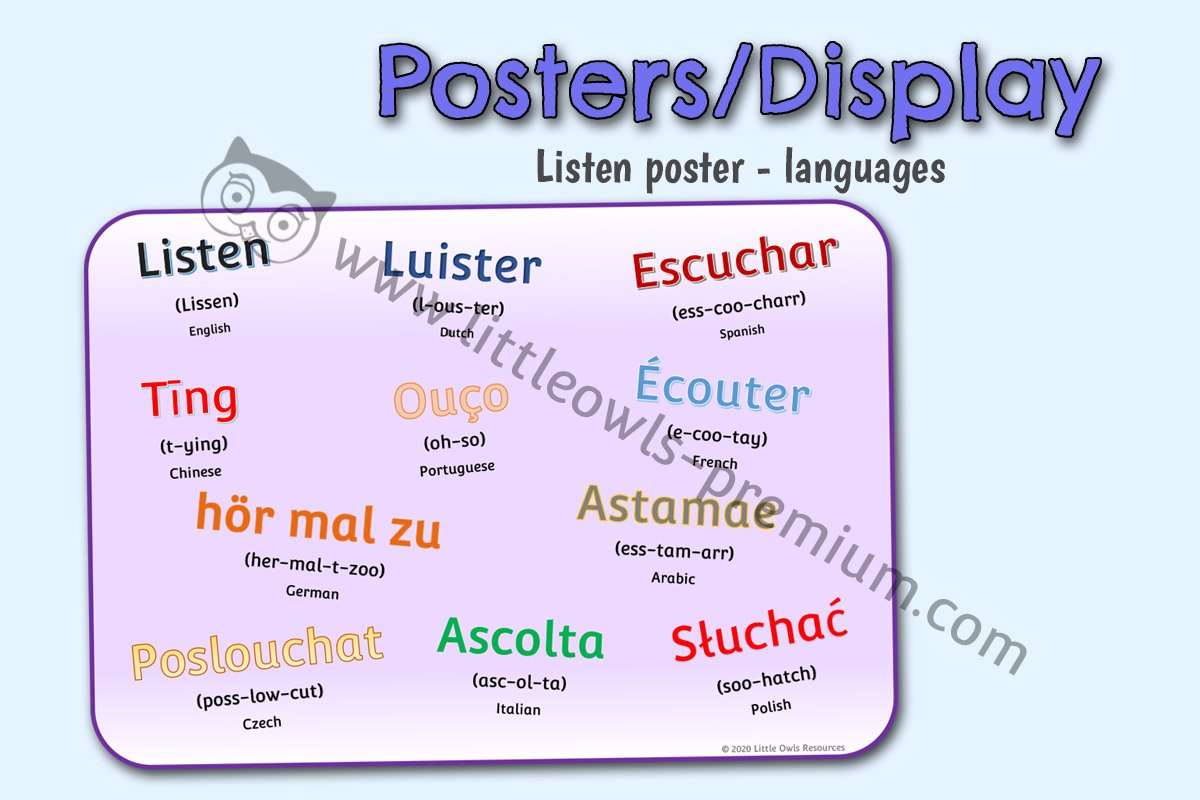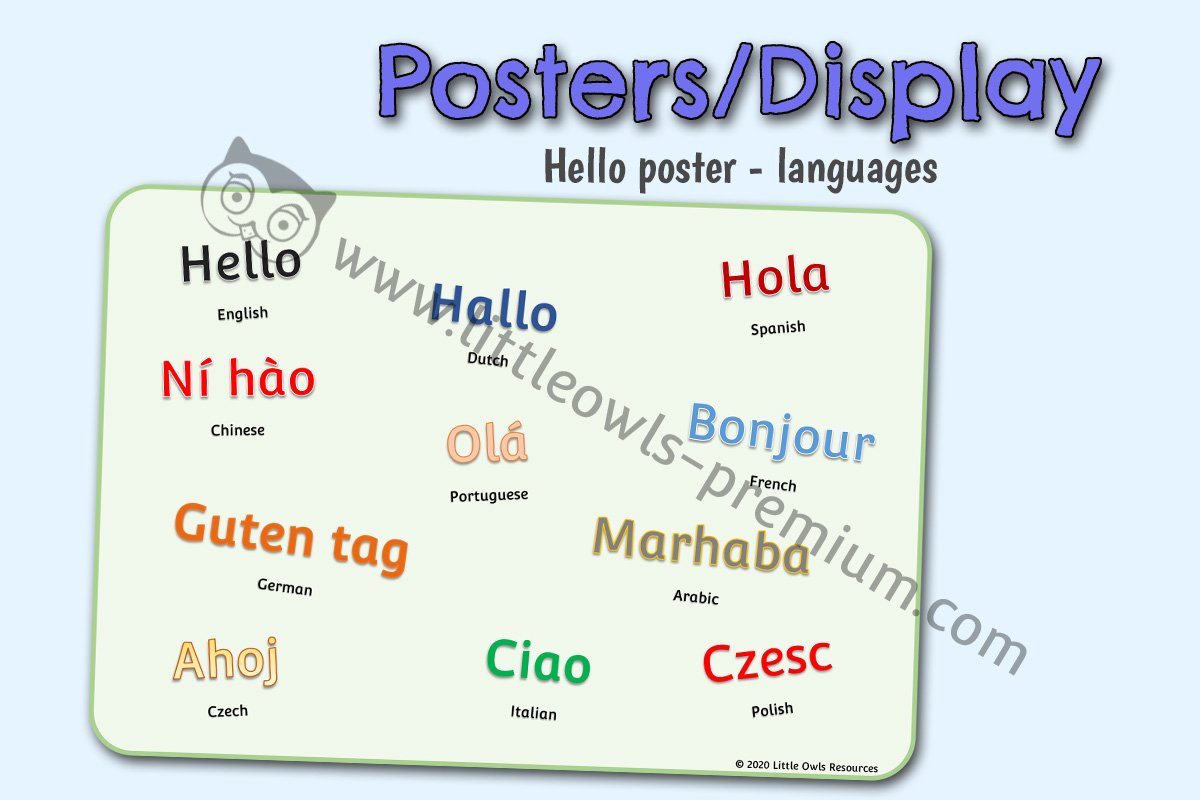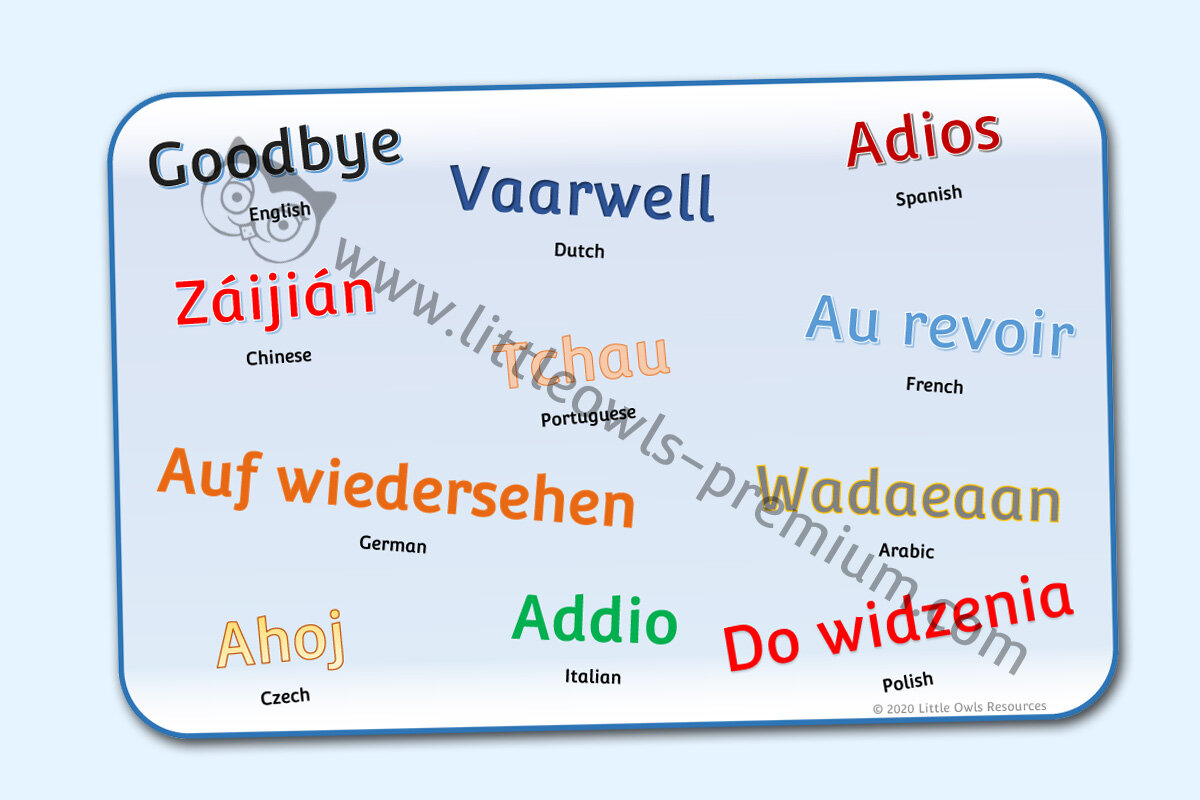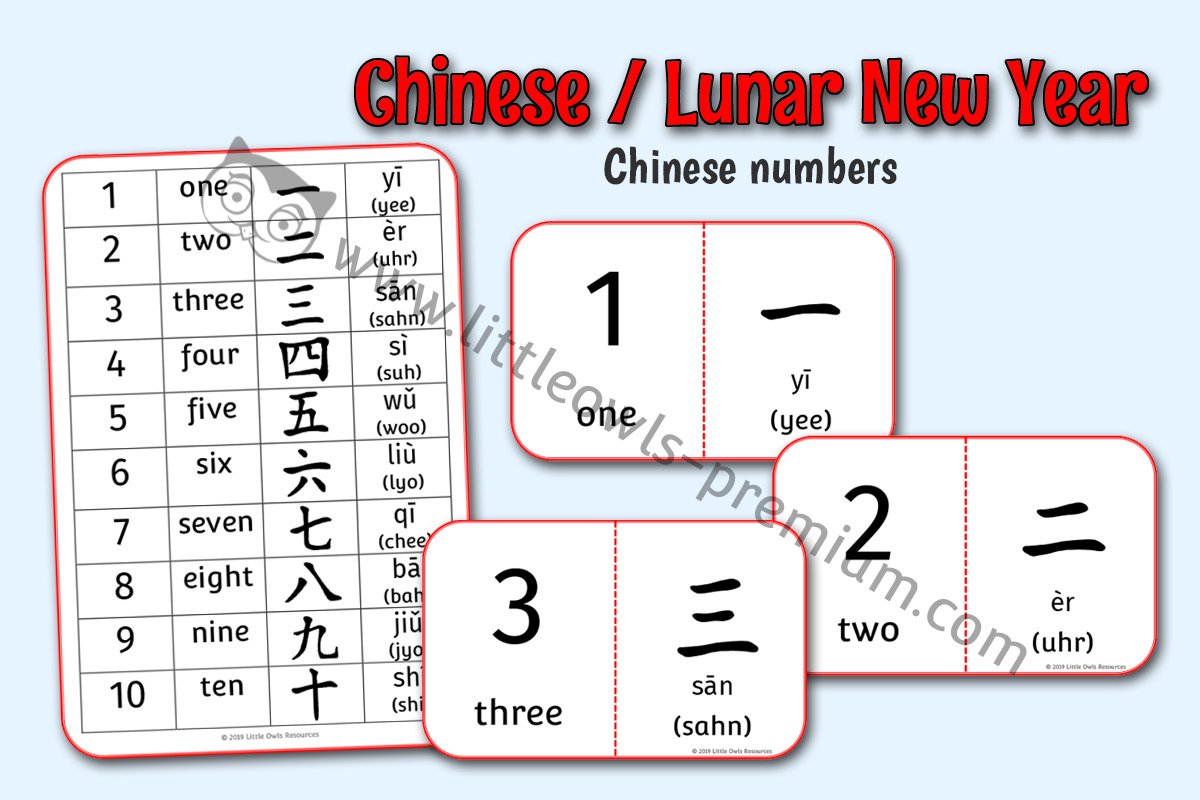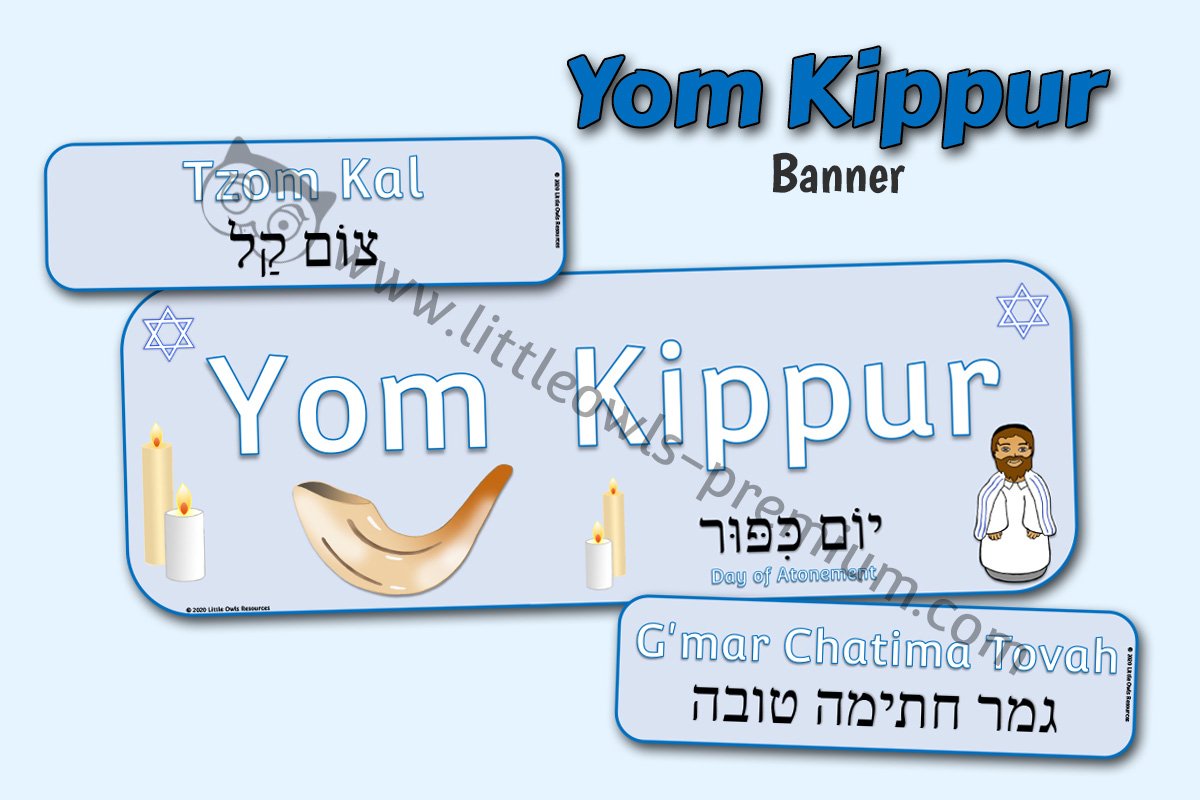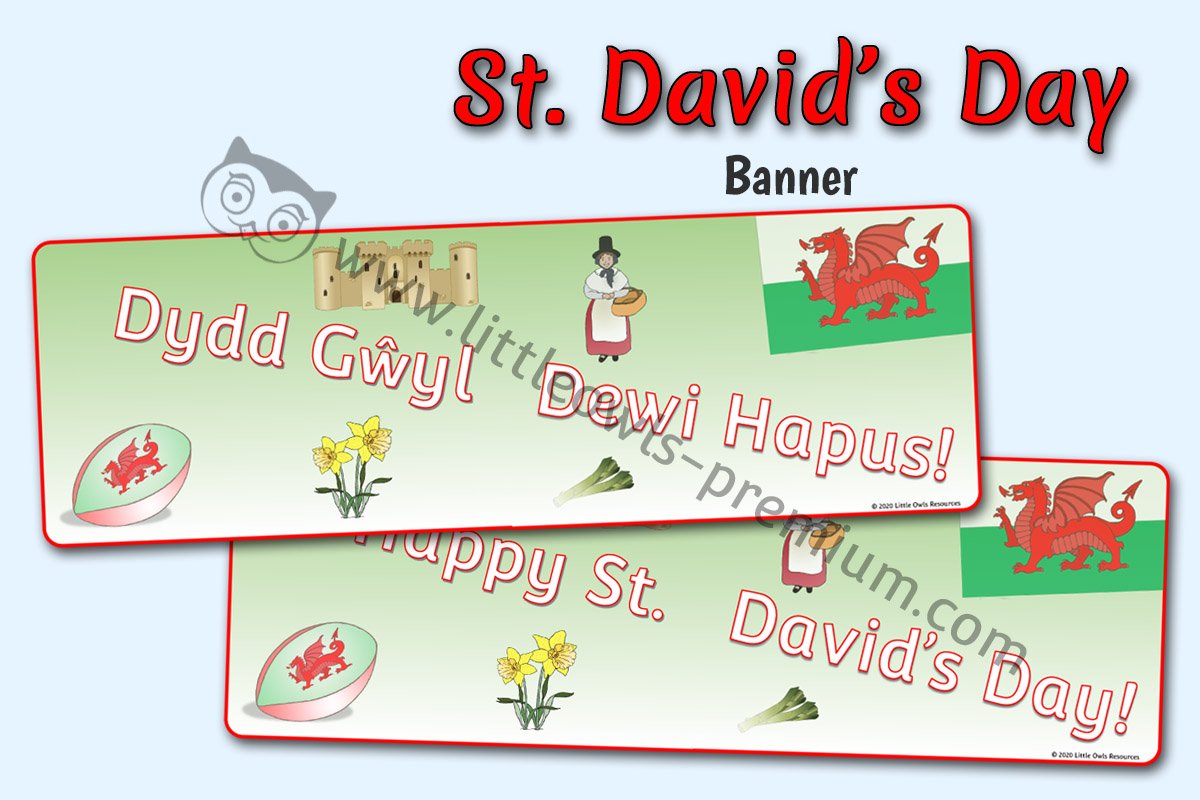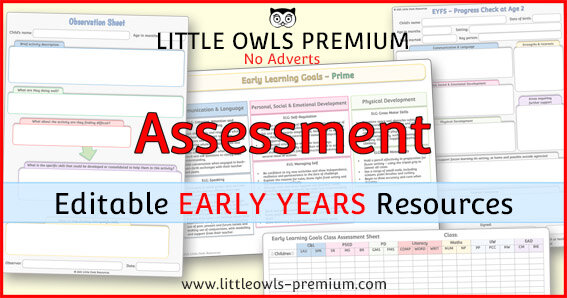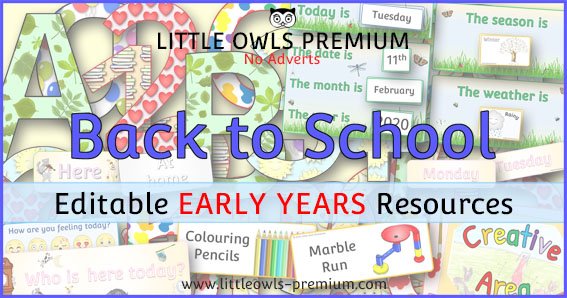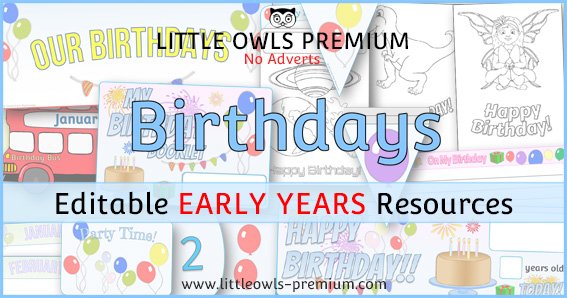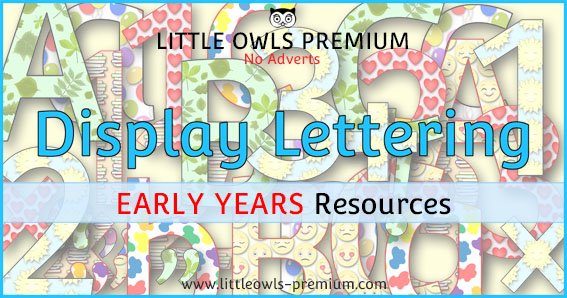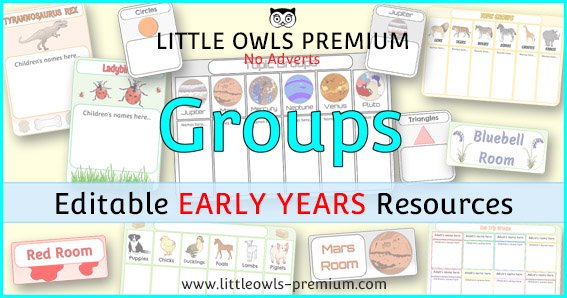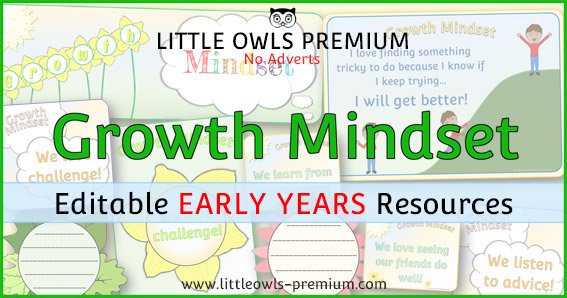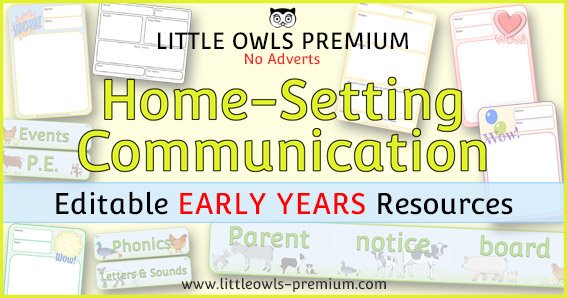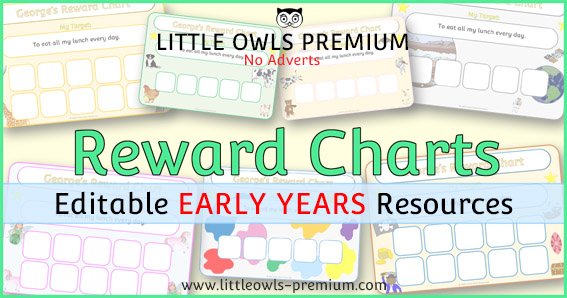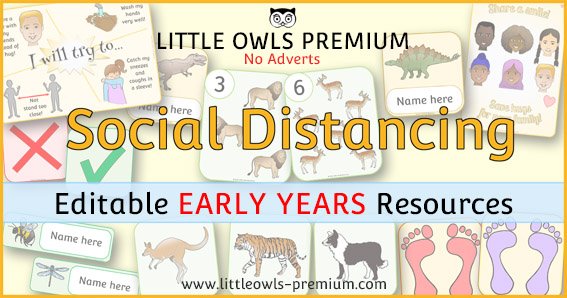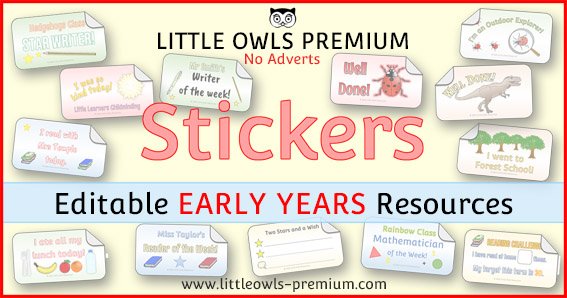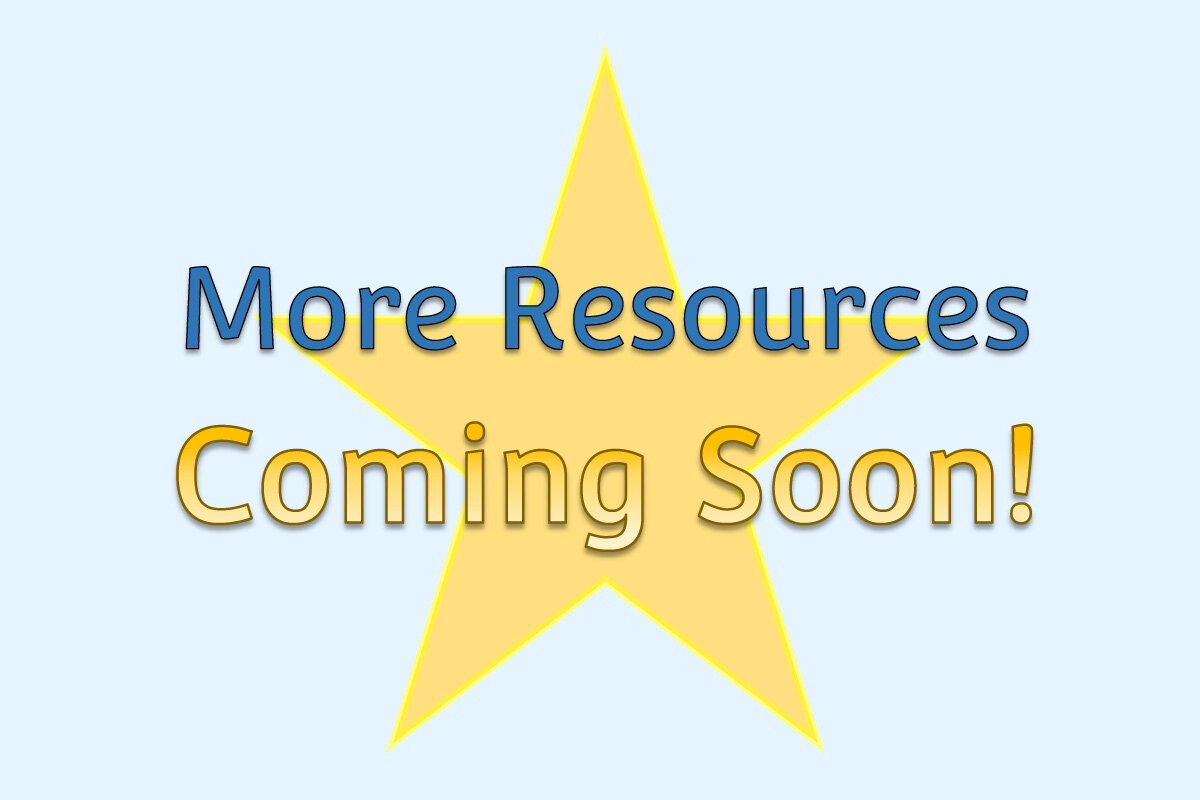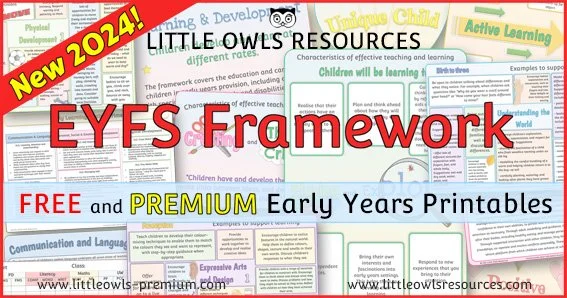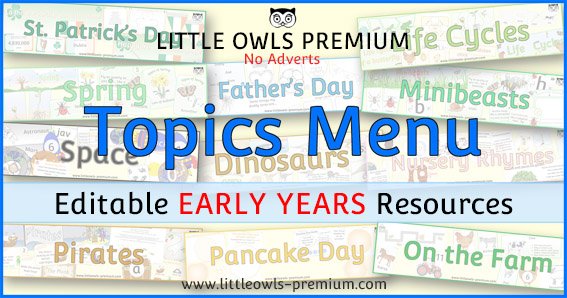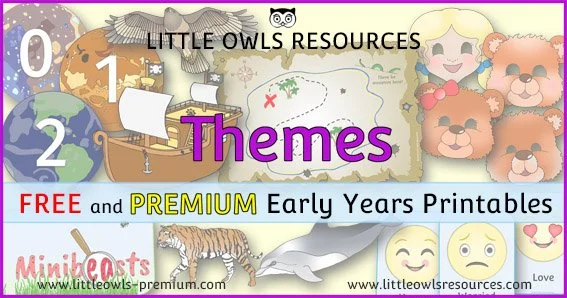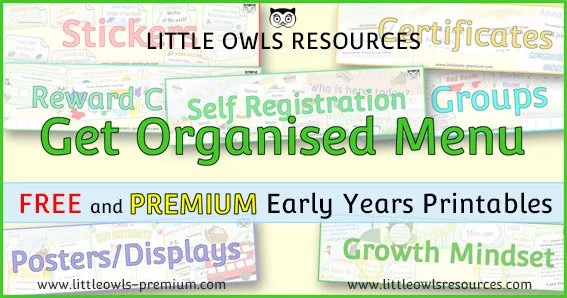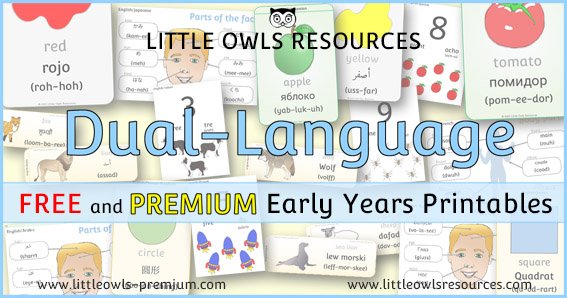Dual-Language - EYFS/Early Years displays, posters, activities and ideas
PLEASE SCROLL DOWN TO BROWSE OUR
‘Dual-Language’ RESOURCES…
SECTIONS ON THIS PAGE:
Language resources in alphabetical order:
Language resources within other topics, including Hebrew, Hindi & Irish
Related special dates - European Day of Languages (Scroll down to find out more)
More ‘Get Organised’ pages you may be interested in, including ‘Picture Communication’
FREE SAMPLE RESOURCEs
(Click on the images below to find out more!)
If you are not a member already, become a ‘Free Access’ member here. This will give you access to resources within the ‘Free Sample Resources’ sections at the top of most pages and ‘Special Dates Calendars’. Some whole topics are even free! Find out more about all of our membership options here. If you are already a member… thank-you! x
Please note that both Editable (docx file) and non-editable (pdf file) versions are available for all Dual-Language resources on this page. (Editable files require Microsoft Word to work at optimum level and Non-Editable files require a pdf viewer.)
Click on the thumbnail images below for further details…
Arabic
Bengali
Chinese Mandarin
French
German
Italian
Japanese
Malay
Polish
Portuguese
Punjabi
Russian
Spanish
Ukrainian
Urdu
Welsh
Related Special Dates
European Day of Languages
The European Day of Languages is celebrated annually on September 26th to promote linguistic diversity and the learning of languages across Europe. It was established by the Council of Europe in 2001, during the European Year of Languages, and aims to encourage people of all ages to learn new languages, raise awareness about the importance of language skills, and celebrate Europe’s rich cultural and linguistic diversity.
Key Objectives of the European Day of Languages:
Promoting Multilingualism:
The day encourages individuals, especially children, to embrace language learning, recognising it as a key skill in enhancing cultural exchange, improving communication, and fostering understanding across borders.
Celebrating Linguistic Diversity:
Europe is home to more than 200 languages, including regional and minority languages. The event highlights the value of protecting and promoting all languages spoken in Europe.
Encouraging Lifelong Language Learning:
The day encourages people to learn languages at any age, emphasising the benefits of multilingualism in terms of personal development, career opportunities, and fostering international cooperation.
Events and Activities:
Events such as language classes, games, cultural exchanges, talks, and competitions are organised in schools, universities, language institutions, and communities across Europe. Social media also plays a significant role, with people sharing experiences using the hashtag #EuropeanDayofLanguages.
The day serves as a reminder of the importance of language learning for intercultural dialogue, social cohesion, and maintaining Europe’s diverse linguistic heritage.
For more information, visit the official Council of Europe European Day of Languages website.
